| |







|
 |

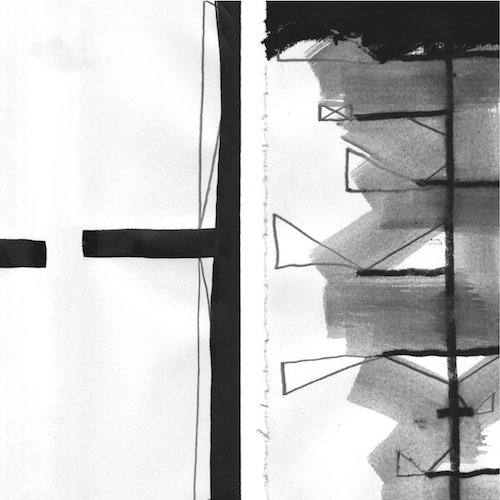
Dave Wayne, All About Jazz (21/04/2016) ****1/2
"In the seven years since its inception, El Negocito Records, based in Ghent, Belgium, has established itself as one of the most adventurous and far-ranging independent labels on the European new music scene. The phrase "new music" is operative here because the label concentrates on improvisation in all of its musical guises. There are modern jazz offerings (e.g., Bambi Pang Pang's amazing Drop Your Plans with drummer Andrew Cyrille), free improvised outings (e.g., John Dikeman 's Live at La Resistenza with Hamid Drake and William Parker), and lots of music from undefinable, multi-hyphenated realms. Which brings us to the work of plectrist Ruben Machtelinckx. To say he's an adventurous musician would be an understatement. He's literally and figuratively all over the map. All over the timeline, too. Listening to his last several albums, mostly drummerless collaborations with multi-instrumentalist Thomas Jillings (collectively the Machtelinckx / Jillings duo is known as Linus), fellow guitarists Hilmar Jensson and Frederik Leroux, and reed player Joachim Badenhorst, makes it no less difficult to figure out exactly where Machtelincx' inspiration comes from. On his albums, Appalachian banjos rub shoulders with ambient electronic doomscapes and free-jazz saxophones, baritone guitar duets could provide the musical setting for a Van Dyck painting or the action in a hip 21st Century coffee bar, and jazzy conversations arise between tenor saxophones and delicate fingerstyle guitars. It's an endlessly fascinating aesthetic, and one that Machtelinckx has clearly put a great deal of thought and sweat into.
On Linus + Skarbø / Leroux, Linus—the Machtelinckx / Jillings duo—works with a pair of familiar and like-minded musicians: Frederik Leroux and Oyvind Skarbo. Like Machtelinckx, Leroux plays banjo and baritone guitar in addition to guitar. He's responsible for the electric end of the guitar spectrum on this disk. Skarbø is a drummer and keyboardist. Here, he mostly sticks to drums and percussion, though he contributes striking Hammond B-3 textures to three haunting but brief group improvisations: "Vaag," "Vlaag," and "Vraag." Jillings, the other half of the Linus duo, is a really interesting jazz-based reed player who, like Machtelinckx, is totally at ease in a perplexingly wide variety of musical settings. Together, these musicians make some truly distinctive sounds which, as stated earlier, fuse folk, modern jazz, Medieval music, and experimental rock into something new and quite appealing; something cinematic, atmospheric, tuneful and soulful. What's really amazing about Linus + Skarbø / Leroux is that this music is authentic unto itself. Despite the array of disparate influences, there's not a breath of pastiche or eclecticism.
Both Jillings and Machtelinckx contribute compositions to Linus + Skarbø / Leroux. Jillings' "Woodstock" is a pleasant ramble; a mournful bass clarinet melody framed by kitchen sink percussion over a repeating, overdubbed banjo / baritone guitar figure. "Sketch" is a formal, almost Asian-sounding, banjo duet. Machtelinckx' pieces are similarly diverse. The haunting "Down" utilizes a hypnotic minor key banjo ostinato to create a doomy, foreboding atmosphere; multiplied by relentless malleted toms and an overtone-laden bass clarinet solo. "Laboeuf" is almost the complete opposite: a warm and gentle ballad with Jillings' husky tenor out front. Skarbø's drums cut in at the two-minute mark as the tune takes on the bucolic feel of a great lost Bill Frisell composition from his ECM days. A baritone guitar / guitar duet forms the core of "Finco," as Skarbø's brushes push the pace ever so slightly for Jillings' lush tenor. Is he improvising or playing a written melody? It's so beautiful that it hardly matters. And really, that's what this album is all about. Yet there's more to this tune; a cathartic electric guitar cuts across like a comet and eventually revisits the tenor saxophone melody, bringing some resolution.
If jazz is truly the "sound of surprise," then Linus + Skarbø / Leroux is the very definition of jazz. Surprises abound here. There's lots of improvisation, too. Yet, so much of this attractive, vibrant music seems rooted in the "other." This is not jazz-as-we-know-it. But it is profoundly fascinating."
Textura Canada (04/2016)
"With Linus + Skarbø / Leroux, Machtelinckx (guitar, acoustic baritone guitar) and Jillings (saxophones, alto clarinet, synthesizers) pair up with Frederik Leroux (banjo, guitar, baritone guitar) and Øyvind Skarbø (drums, Hammond organ) on the first of two Linus collaborative ventures. Recorded in February 2015 at La Chapelle in Belgium, the recording is both a Linus and group affair: six of the nine pieces are individually credited to Machtelinckx and Jillings, the remainder group improvisations. Though drums appear for the first time on these five recordings, the instrument's inclusion doesn't effect a major change in approach (even if Skarbø's playing does give a track like "Finco" a strong rhythmic push); Linus + Skarbø / Leroux is ultimately as quietly explorative and restrained as the other recordings. That said, the involvement of Skarbø, who plays in 1982 (with Nils Økland and Sigbjørn Apeland) and Bly de Blyant (with Shahzad Ismaily and Hilmar Jensson), lends the recording a rather Hubro-esque character. A folk-blues spirit often animates the material, with a representative track such as Machtelinckx's "Down" undertaking its jaunty journey armed with multi-layered banjo picking, tom-toms, and the snarl of Jillings' bleating horn. Gentler by comparison, the aptly titled "Porch" is a lovely stripped-down reverie for banjo whose relaxed folk vibe conveys the general spirit of the outing; also memorable is "LaBoeuf" for the delicious purr of the saxophone. Hearing Machtelinckx's and Leroux's banjos and guitars alongside Jillings's woodwinds and Skarbø's percussive colour makes for a thoroughly satisfying forty-minute set."
Mark Sullivan, All About Jazz (06/03/2016)
"Linus's second album departs from the first in several significant ways. The two guest musicians (Frederik Leroux on banjo, guitar, and baritone guitar; Oyvind Skarbo on drums and Hammond organ) give the group a much bigger sound, and having a second guitarist/banjoist brings the ensemble closer to the quartet project. The three collective improvisations are a new development, and Jillings plays synthesizers in addition to his collection of reeds. It's an eclectic, expansive sound world, one with more variety and a bit more extroverted sound. "Woodstock" sounds as folky as its title implies, while the short improvisations explore soundscape territory. Machtelinckx and Leroux both have banjo listed as the first instrument in the credits, and there is indeed quite a bit of their own variation on dueling banjos."
Jakob Baekgaard, All About Jazz (01/10/2015)
"Linus is another fine project from Machtelinckx and finds him in the company of saxophonist Thomas Jillings, who also plays synthesizers. On the album, Linus + Skarbø / Leroux, they are joined by guitarist Frederik Leroux and drummer and organist Oyvind Skarbo.
Together the four musicians create music that is atmospheric and intimate. The brief opener, "Vaag," introduces some rusty blues figures and spacy background sounds while "Down" shuffles along with drums, banjos and Jillings' hoarse saxophone. However, Jillings can also play with a seductive and gently whispering sound on "Finco" where Skarbø's shuffling drum playing once again drives the rhythm forward slowly.
The album is carried by the acoustic sounds of guitars and banjos and the hushed dialogue between instruments. Rather than playing loud rock music, Machtelinckx and his fellow musicians play silent songs that conjure emotional landscapes with endless horizons."
Ferdinand Dupuis-Panther, Jazzhalo (08/2015)
"Man nehme eine akustische Baritongitarre und vereine sie mit einem Tenorsaxofon, füge Banjo, Altklarinette und Synthesizer dazu und dann hat man die Rezeptur von Linus, bestehend aus Ruben Machtelinckx (banjo, guitar, acoustic baritone guitar) und Thomas Jillings (tenor & C-melody saxophone, alto clarinet, synthesizers). Doch den beiden Komponisten und Improvisationskünstlern war das noch nicht genug, sodass sie Frederik Leroux (banjo, guitar, baritone guitar) und Øyvind Skarbø (drums, hammond organ) zum Mitmusizieren einluden, als ihr neustes Album entstand. Dieses enthält Kompositionen wie "Vaag", "Porch" und "Woodstock", die entweder ein Gemeinschaftswerk von Machtelinckx und Jillings oder aus der Feder des einen oder des anderen entstanden. Insgesamt befinden sich neun Kompositionen auf dem vorliegenden Album.
Was für einen satten Gitarren-Sound hat das 4tet auf Zeit da hingezaubert, um "Nebulöses" zum Gehör zu bringen! Leider gibt es auf der CD kein Line-up je Stück und auch keine Angabe über die jeweiligen Solisten. Daher können wir nur spekulieren, ob Frederick Leroux oder aber Ruben Machterlinckx in die Saiten der Baritongitarre gegriffen haben.
Keine Frage, wenn die Komposition "Down" erklingt, dann führt das Banjo Regie. Dazu gesellen sich Gitarrengezupfe und dumpfes Trommeln. Gemeinsam erzeugen sie ein wenig Lagerfeueratmosphäre. Wer gut in der Welt der Folk Music bewandert ist, glaubt mit Gewissheit, dass irische, schottische und us-amerikanische Volksweisen zu einem sehr schmackhaften Menü verarbeitet wurden. Thomas Jillings steuert obendrein nicht nur wunderbare Tenorsaxofonsequenzen bei, sondern bläst seinen Holzbläser bisweilen wie ein Didgeridoo. Die Tonfolgen schwirren, während Banjo und Trommel die Klangschritte des Saxofons mit gleichbleibender Taktung und sonor unterfüttern.
Gitarrenläufe im beinahe paarigen Gleichlauf machen das Stück "Finco" aus, das Ruben Machtelinckx zu verdanken ist. Ist da nicht auch ein bisschen Wild West mit im Spiel? Doch ja, aber nur solange, wie sich Thomas Jillings nicht einmischt. Sein Saxofon ist Wind- und Klangmaschine zugleich. Man fühlt den Wind, der übers Gesicht streicht, wenn man zu abendlicher Stunde am Strand von De Panne oder in den nahen Dünen unterwegs ist. Rockelemente flossen jedenfalls auch in das Stück ein, führt man sich die Präsenz einer "wimmernden Gitarre" vor Augen. Doch welche Bilder hatten eigentlich die Musiker im Kopf, als sie die kompositorische Herausforderung suchten?
Wer kennt eigentlich heute noch das legendäre Festival von Woodstock? Die unterdessen ergrauten 68er, die längst etabliert sind und auf ihrem Altenteil leben. Bei der Komposition von Thomas Jillings dominiert das Banjo, das mit einer Gitarre im Zwiegespräch ist. Jimmys jaulende Gitarre ist nicht zu vernehmen, "Like a motherless child" singt oder spielt auch niemand. Also, wo ist Woodstock? Doch keine Frage, die Musik ist brillant und ab und an denkt man, man höre eine Kora. Doch nur Gitarren und Banjos sind es, die westafrikanische Grooves erleben lassen. Über diesem breitet das Saxofon seinen Klang aus und lässt seine vollen Klangwolken dahinschweben.
Nach dem Abgesang auf "LaBœuf" mit starker Saxofondominanz erklingt dann mit dem Stück "Vraag", ein Gemeinschaftswerk aller Musiker. Machtelinckx/Jillings/Leroux/Skarbø sind dabei also im doppelten Sinne ein Kollektiv, komponierend und spielend."
Bernard Lefèvre, Jazzmozaiek p. 51 **** (2015/2)
"Gitarist Ruben Machtelinkx brengt in het Linus-vervolg (na Onland) gitarist Frederik Leroux als partner in, die ook met banjo opmerkelijke accenten legt. En de Scandinavische toets voegt
de Noorse Skarbø op drums en hammond orgel (Vlaag en Vraag) toe. Een heel toegankelijk album waar rust en intimiteit van uitstraalt. Je wordt als het ware meegezogen in een smeltkroes van ambient, folk en jazz, wat op geen enkel moment storend werkt, integendeel, heel organisch een prachtig gelaagde synergie geeft. Down willen we als een van de favoriete nummers aanstippen. Saxofonist Thomas Jillings bewijst opnieuw zijn uitzonderlijk talent. Het Linus verhaal willen we nog graag zien verder groeien."
?ukasz Kom?a, nowamuzyka.pl(15/06/2015)
" Wracaj?c do tegorocznego wydawnictwa Linus + Skarbø/Leroux nale?y podkre?li, ?e dobrym pomys?em okaza?o si? rozbudowanie sk?adu formacji, co pozytywnie wp?yn??o na jako?? kompozycji. Zdecydowanie poszerzy?a si? paleta barw/brzmie? czy ilo?? wykorzystanych estetyk, które mo?na spotka? na ich kr??ku i to w ró?nych konfiguracjach. Nad ca?o?ci? unosi si? minimalizm, folk (znakomite partie banjo i gitary barytonowej), improwizacja i jazz w odcieniach free (szczególnie d?ciaki Thomasa Jillingsa)."
Svenn, wyattandstuff.blogspot.be (31/05/2015)
"This is a highly enjoyable album, varied and interesting all the way. Some americana-jazz (sorry, but listen to "Down"), with a touch of noise ("Vlaag") and some spooky soundscapes too ("Vraag)."
Jan Granlie, salt peanuts (15/05/2015)
"Det gror godt i plateselskapet Elnegrocityrecords i den belgiske byen Ghent om dagen. Ikke før har man anmeldt Ruben Machtelinckx/Joachim Badenhorst/Hilmar Jensson og Nathan Wouters fine innspilling «Flock», så dukker det opp en ny plate, med bandet Linus, som består av gitaristen, banjoisten og barytongitaristen Ruben Machtelinckx og saksofonisten, klarinettisten og synthesizeroperatøren Thomas Jillings. På Denne platen har de fått hyggelig selskap av den belgiske banjospilleren, gitaristen og barytongitaristen Frederik Leroux og den norske trommeslageren (og for første gang, så vidt meg bekjent, Hammondorganisten) Øyvind Skarbø.
Det er noe eksepsjonelt coolt over jazzmusikken fra Belgia. For et par år siden dukket en plate med det belgiske bandet Dand, Dans opp, og ble en av det årets favoritter. Nå kan raskt Linus med god assistanse bli en av dette årets cooleste favoritter. Thomas Jillings spiller ultracoolt saksofon, og Ruben Machtelinckx er like cool her som på «Flock». Og når man i tillegg har med Leroux og Skarbø til å gjøre det hele ekstra tilbakelent, så blir i alle fall denne anmelderen fornøyd.
Noen vil kanskje tro at dette er musikk som passer på hippe cafeer og på steder der de unge hipsterne møtes. Men det er det ikke. Dette er musikk for den som kjenner sin Bill Frisell, ispedd litt americana og køntri, uten at det blir bakstreversk og corny.
Dette er rett og slett vakker og tilbakelent jazzmusikk, som gjerne kan nytes med et godt glass, og da snakker jeg ikke om belgisk klosterøl. Et ørlite glass rødt fra bølgelandskapet i Piemonte eller i de sydlige deler av Frankrike, er jeg sikker på vil matche denne musikken. Og for den som har ment at banjo er et tulleinstrument, er det bare å gå til anskaffelse av denne (pluss «Flock»), så blir du overbevist om at banjo er mye mer enn stråhatt og hestemøkk. Strålende!"
Dani Heyvaert, rootstime.be (05/2015)
"Bezig baasje, die Ruben Machtelinckx...niet alleen maakte hij nauwelijks een half jaar geleden een plaat met het kwartet dat zijn naam voert, hij is er nu alweer, deze keer in samenwerking met rietman Thomas Jillings, hem goed bekend van jazzrockband Sgt. Fuzzy en onder de naam Linus, waarmee ze een tijdje geleden "Onland" uitbrachten.
De "Leroux" uit de bandnaam heet Frederik van z'n voornaam en is net als Machtelincks bedreven op gitaar en banjo. De Noor Oyvind Skarbø brengt dan weer percussie en hammondorgel in. Volgens mij draait de plaat voornamelijk rond de drieling met de fijne titels "Vaag", de opener, "Vlaag"het middenrif en "Vraag", de afsluiter van de plaat. Dat zijn drie heel knappe, korte improvisaties, die vooral heel sferisch klinken. Een beetje ambient, eigenlijk.
En dat is zowat de teneur van de hele plaat: de percussie rinkelt en twinkelt, het orgel zoemt en de gitaren kronkelen om elkaar heen. Nu en dan is er plaats voor een iets virieler klinkende banjo, maar het draait toch allemaal om het vredige, lieflijke.
Ik vind het moeilijk dit allemaal te omschrijven, want dit is bij uitstek een plaat, waar je van begin tot einde ademloos zit naar te luisteren. De plaat is woordenloos en dat is maar goed ook: hier passen geen teksten bij en al evenmin vind ik het passend te proberen beschrijven hoe dit klinkt. Wel kan ik meegeven dat het weldadig klinkt en dat je, na het beluisteren van de plaat, het gevoel hebt van een zonsopgang in de Provence. Je vindt volledig vrede met je omgeving en je stelt vast dat het leven eigenlijk best wel mooi kan zijn. Zo'n plaat dus.
Met sommige dingen van Machtelinckx was ik bekend, maar ik word toch ook flink geraakt door de composities van Thomas Jillings. Zijn "Woodstock" en "Sketch" klinken mij als euh muziek in de oren. Nog vermelden dat de plaat prachtig uitgegeven is en dat het artwork van de hand van Ante Timmermans is. En die is op zijn beurt bezig een hele grote te worden in zijn grafische branche. Jammer dat je bijna altijd naar het buitenland moet om het werk van die man te kunnen bekijken."
Jean Claude Vantroyen, Le Soir p. 24 Mad (29/04/2015 ***)
"Le dernier opus du guitariste Ruben Machtelinckx, c'est ce Linus (le duo formé avec le saxophoniste clarinettiste Thomas Jillings) augmenté de Øyvind Skarbø aux drums et Frederik Leroux à la guitare. Les deux guitaristes jouent aussi du banjo, ce qui donne à leur musique une touche folk et une atmosphère campagnarde élégiaque.
Il y a un son tout à fait particulier, des improvisations collectives (sur les trois morceaux « Vaag », « Vlaag » et « Vraag »), une manière de faire totalement originale. Ruben Machtelinckx and co se sont créé une personnalité. Je ne doute pas qu'ils aillent loin."
Hessel Fluitman, Jazzflits 237 p.10 (27/04/2015)
"Op de titelloze nieuwe cd van Linus + Skarbø/Leroux spelen vier muzikanten: het duo Machtelinckx-Jillings (Linus) en twee gast- musici. Ze hebben dezelfde muzikale visie, zo blijkt. De vier spelen in alle rust samen en rijden elkaar niet in de wielen. Het resultaat is intiem en progressief. Met twee banjospelers in de gelederen, komt dit instrument uitgebreid aan bod. De technisch goede spelers zijn niet op zoek naar het experiment. In alle rust wordt in een stuk of vier nummers mooi tokkelend gespeeld.
Verrassend is dat slagwerker Øyvind Skarbø In 'Vlaag' en 'Vraag' ook Hammondorgel speelt. De klank van het orgel doorbreekt de wat landelijke sfeer in de overige nummers. Een sfeer waarmee de vier heren appelleren aan mijn oude 'folk'-hart. De groep onderscheidt zich met deze door crowdfunding gefinancierde cd ook door de verpakking. Die is van karton en voorzien van een doorlopende tekening van Ante Timmermans."
Vera Vingerhoeds, independent jazz professional (21/04/2015)
"Warm, melancholiek, soft power met een twist
Hun muziek werd al omschreven als 'Soft Power op baritongitaar en altklarinet'. De vlaamse gitarist Ruben Machtelinckx en rietblazer Thomas Jillings vormen samen duo Linus. Ze gingen een samenwerking aan met de Noorse drummer, componist en producer Øyvind Skarbø en de Gentse gitarist Frederik Leroux.
Beide gitaristen spelen niet alleen gitaar, maar ook baritongitaar en banjo.
Een acoustische baritongitaar is niet zo gangbaar, en eigenlijk zie je niet eens meteen dat je te maken hebt met een grotere gitaar dan gemiddeld. Tussen de gitaar en de basgitaar in, en met een warm geluid. Thomas Jillings speelt op altklarinet en tenorsax en dat doet hij over het algemeen vrij zacht, en met een hees geluid.
Als duo Linus maken de twee musici simpele, maar melodieuze en melancholische composities, waar het samenspel en het samensmelten van de sound van de twee instrumenten heel belangrijk zijn. Het gaat meer om het geheel, dan om thema-solo-begeleiding. Ze spelen eigen composities en improviseren daar ook op, hoewel dat vooral bij kortere uitstapjes blijft.
Dat geldt ook allemaal voor de CD die ze nu maakten met de twee andere musici. Dit keer klinkt er ook een vleugje country sound van de twee banjo's."
Guy Peters, Cobra.be (16/04/2015)
"Ruben Machtelinckx' productiviteit staat haaks op zijn volume. Amper vijf maanden geleden was er het tweede album van zijn kwartet. Intussen viel hij ook te horen op het tweede album van Ifa Y Xango. En nu is er ook een opvolger voor 'Onland' van Linus, zijn duo met rietblazer Thomas Jillings, die hij ook kent van het meer rock-georiënteerde Sgt. Fuzzy. Beperkten ze zich op het debuut tot een nauw afgelijnde zone waarin baritongitaar en sax/klarinet intiem rond elkaar vleiden, dan wordt het geluid nu opengebroken met twee extra gasten.
De Gentse muzikant Frederik Leroux combineert net als Machtelinckx (bariton-)gitaar en banjo, terwijl de Noorse drummer Oyvind Skarbø, van o.m. 1982 en Bly de Blyant, zorgt voor ingetogen percussie en Hammondorgel. Daardoor klinkt dit album anders dan zijn voorganger. Iets minder zacht en lieflijk dan 'Onland', maar dan wel met het meer prikkelende, soms wat donkere geluid van 'Flock' en enkele bands van het Hubro-label. Niet enkel door de bredere instrumentatie, maar ook door de meer open composities en improvisaties.
In de drie korte improvisaties 'Vaag', 'Vlaag' en 'Vraag' (aan de start, het einde en in het midden van het album) staat het schetsmatige centraal, met zoemend Hammondorgel, hier en daar wat grovere abstractie en ambient-texturen. In de composities staan de banjo's vaak op de voorgrond. In 'Down' doet de band daardoor wat denken aan het Noorse Huntsville. Het banjospel is sober en meditatief, Skarbø geeft een wiegende marsmaat aan, Jillings duikt pas halverwege op met zijn altklarinet. Een pastorale hypnose die herfstige beelden op het netvlies zet.
Ook daarna wordt er niets geforceerd. 'Finco' is zijdezacht als 'Onland', met een voorzichtige twang en ritselende percussie. Een bedwelmend stukje folkjazz dat net als 'Laboeuf' even langs de popwereld scheert. Knap is ook hoe de band er in slaagt om dat vloeiende en associatieve element intact te houden, ondanks het feit dat zo'n banjo een stuk 'harder' klinkt dan een gitaar. De manier waarop ze in het door Jillings gepende 'Sketch' rond elkaar strengelen is al net even zinderend als het zachtere geluid van het kernduo.
Mooi is ook Jillings' andere compositie 'Woodstock', die even een opgewekter geluid binnensmokkelt, en wel een verre verwant lijkt van enkele van John Zorns lyrische soundtracks. Hier verlaat het kwartet even het terrein van de grijstinten, met kleurrijke potten- en pannenpercussie van Skarbø en melodieus klarinetwerk. Toch maakt de coherentie ook van dit album een auditieve reis die je in één ruk moet uitzitten. Niet dat het een probleem vormt, want Machtelinckx & co. verkeren momenteel op een creatief plateau waar ze zich duidelijk in hun sas voelen. En intussen is er ook nog (of beter, alweer!) het perfect bij de muziek aansluitende artwork van Ante Timmermans om erbij te nemen."
Dave Sumner, Bird Is The Worm, recommended (11/04/2015)
"Linus+Skarbø/Leroux is a massively captivating session from past Wondering Sound Pick of the Week, guitarist Ruben Machtelinckx, who, along with saxophonist Thomas Jillings, create the duo Linus. As with other projects, Machtelinckx brings a number of different instruments belonging to the guitar family, and Jillings does the same with the reed instruments.
Joining them for this session are Frederik Leroux and Øyvind Skarbø. The former's arsenal matches that of Machtelinckx, while the latter adds a nice dose of percussion and some nifty waves of Hammond organ, which, along with Jillings' modicum of synthesizer, adds some hazy atmospherics to rustic music. It's a blend of folk, electronic, jazz and, well, experimental, I suppose. It's serene as all hell, but possesses lots of quirks and jagged edges to bring out a lively personality.
The song "Down" accompanies a brisk cadence with a chipper bounce, and it provides all kinds of handholds for strings and sax to launch bits of melody. The quartet's brief flirtation with chaos only brings further attention to the song's prevailing tranquility. "Finco" adopts a similar approach, but the tempo is one made for effortlessly coasting across.
"Porch," on the other hand, has the accidental tempo of sporadic rain tapping against a tin roof. The sense of melody seems equally random, and that is the song's strength and its charm.
"Sketch" is the rustle of brittle Autumn leaves, kicked up by a stiff breeze. "Woodstock" is a ray of sun shining down upon it, warming the surface of everything it touches.
"LaBoeuf" is the most cohesively tuneful song on the album, with a pretty melody to lead the way and a straight-forward rhythm to help shepherd it along. A little twang and a few growls just draw out a bit more personality from the tune.
There are three faux interludes on the recording. The first brief piece, "Vaag," opens the album with a peaceful drone. "Vlaag" is placed near the middle of the album, and also features a drone, but one that swims in atonality. The album ends with "Vraag," a piece situated somewhere in between those two extremes. It's a lovely way to round out a terribly lovely album."
|
 |
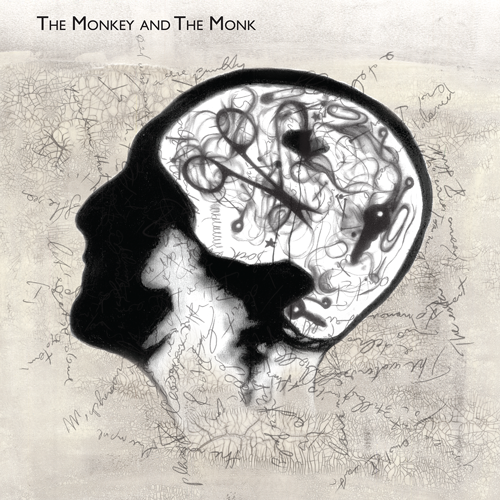 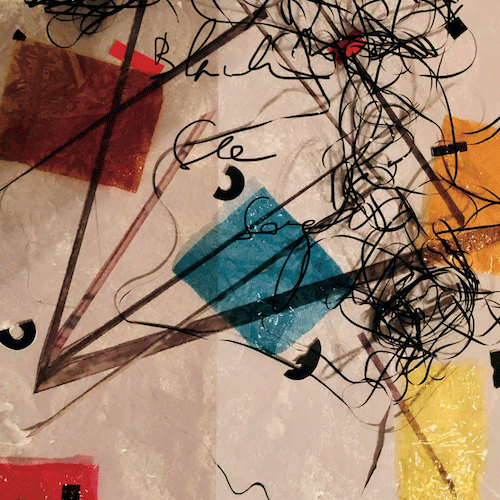 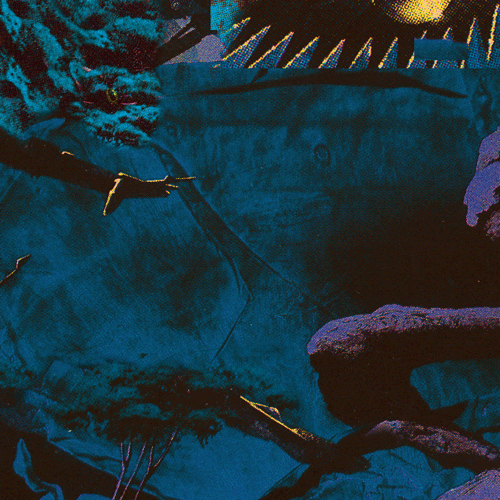 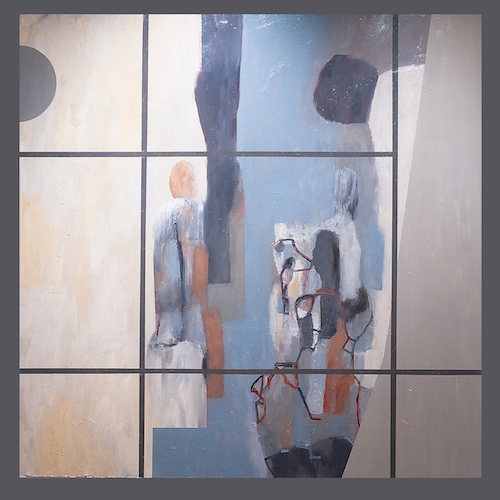 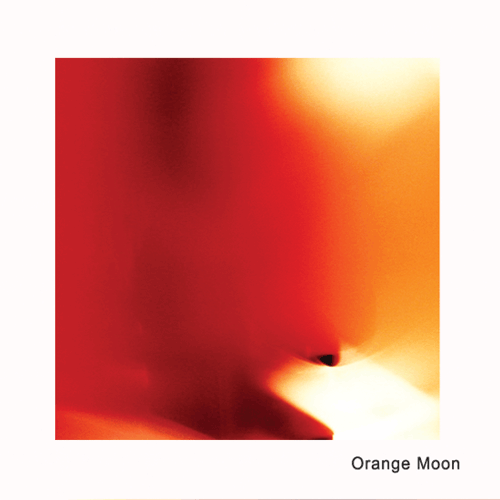
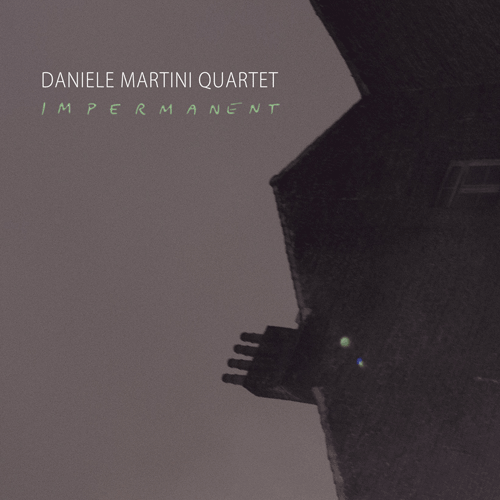 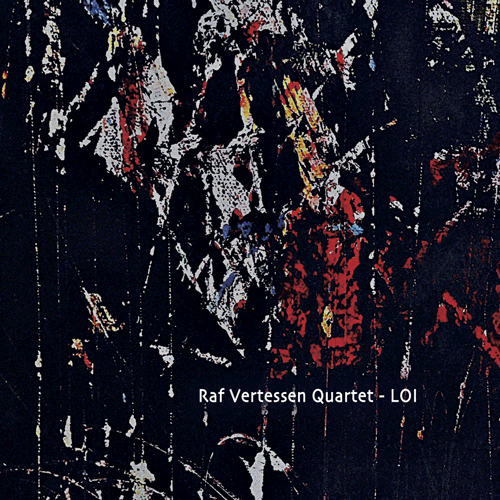 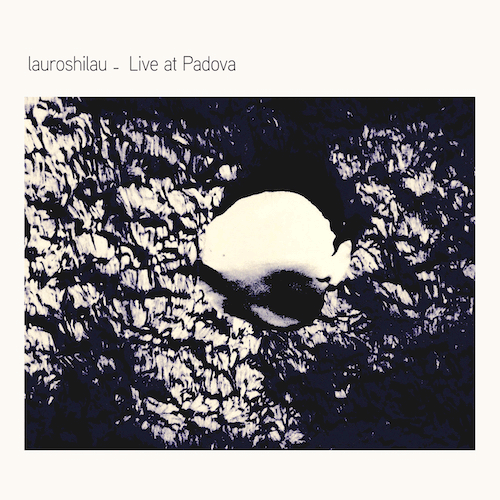  
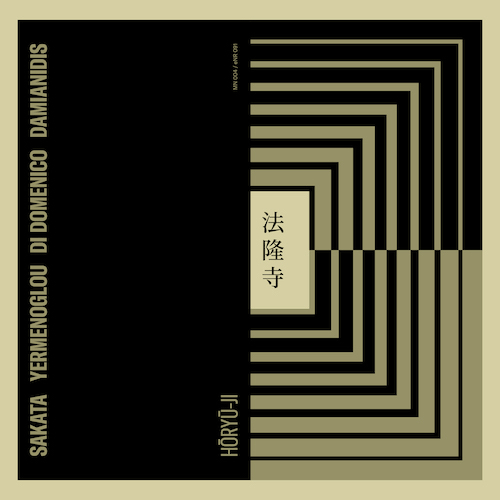 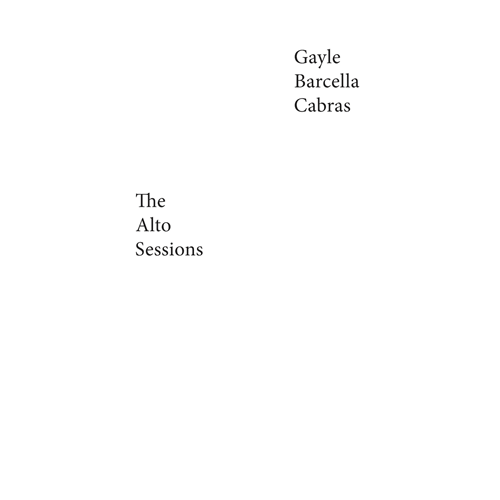 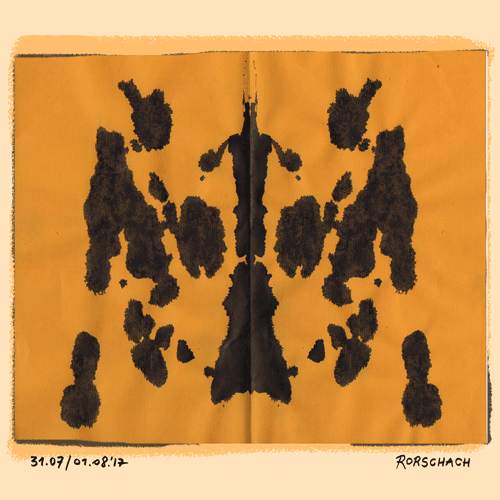 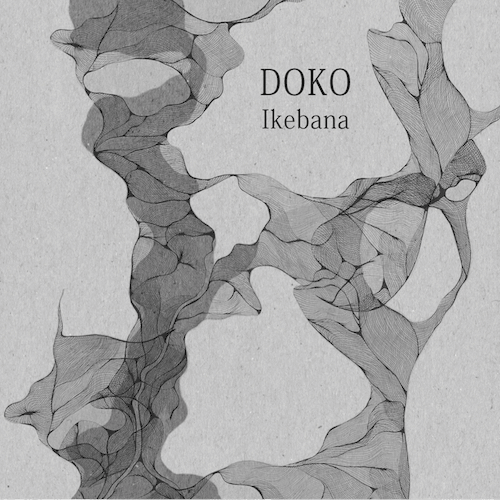 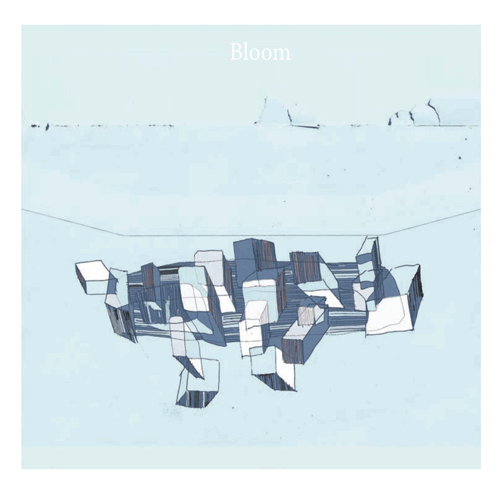
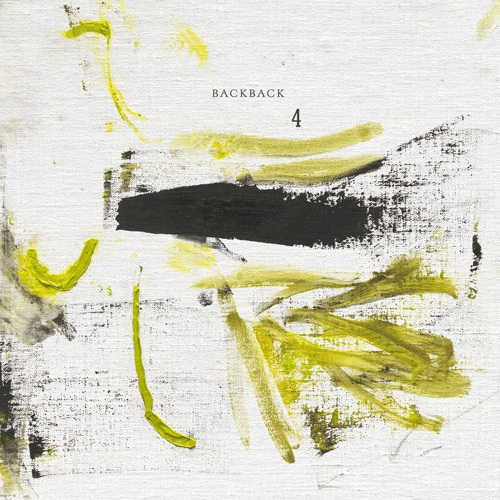 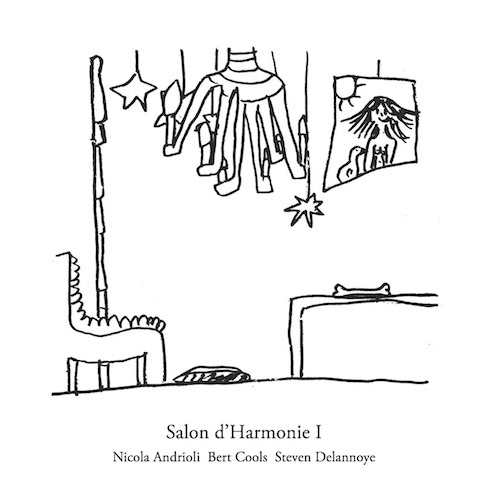 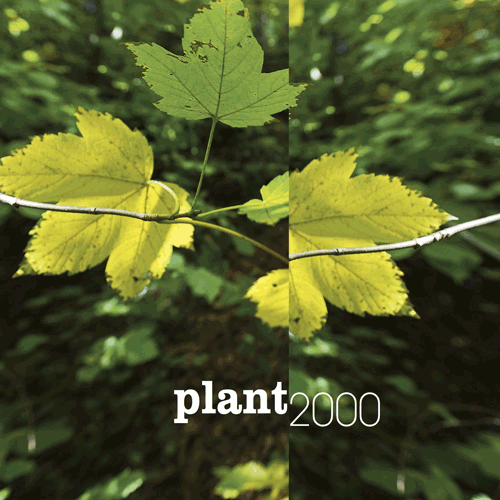 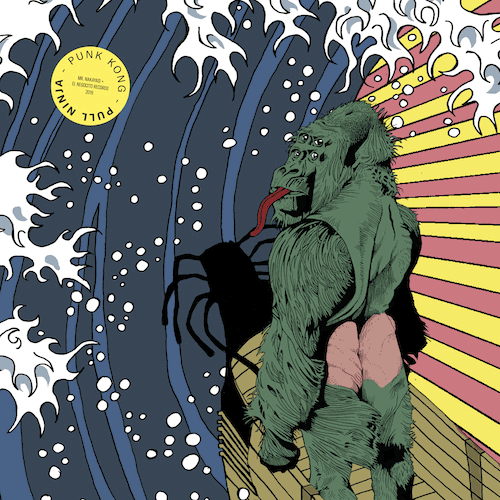 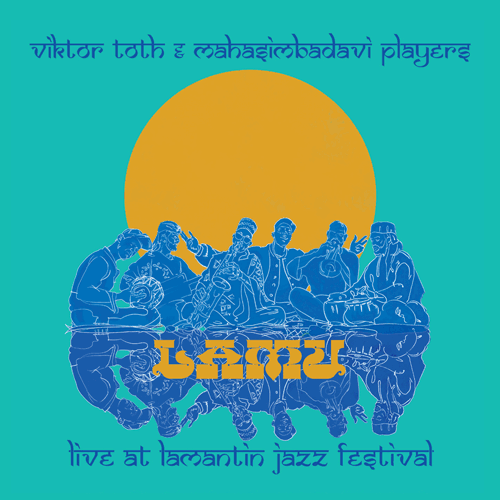
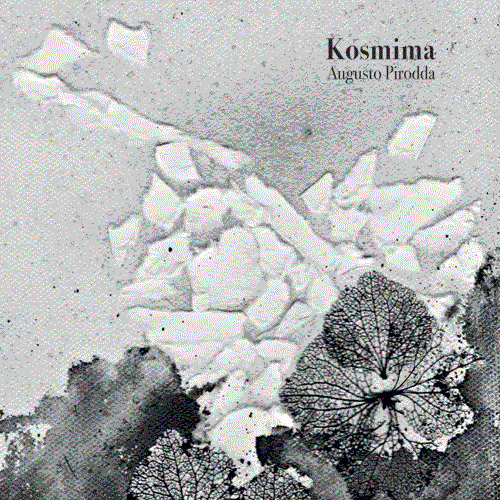 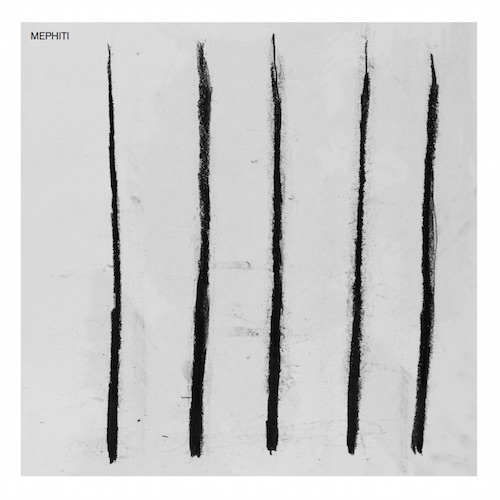 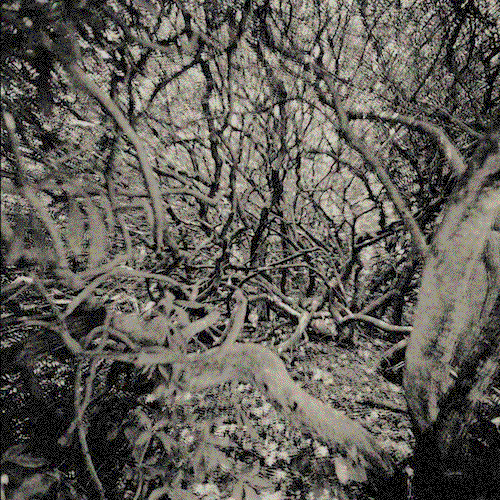 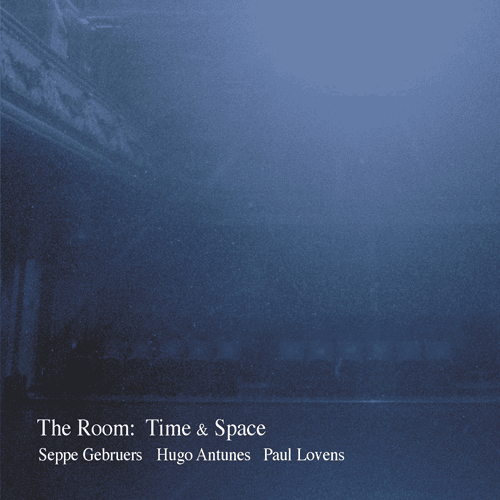 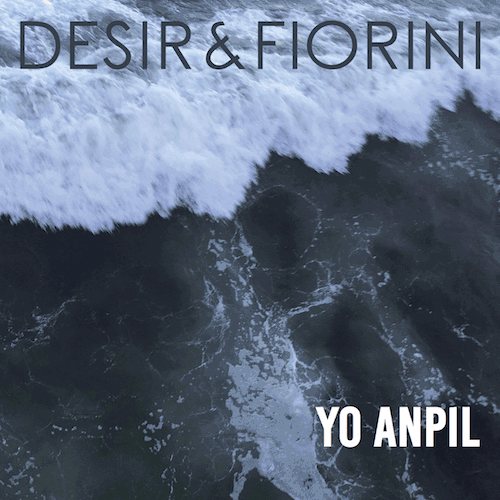
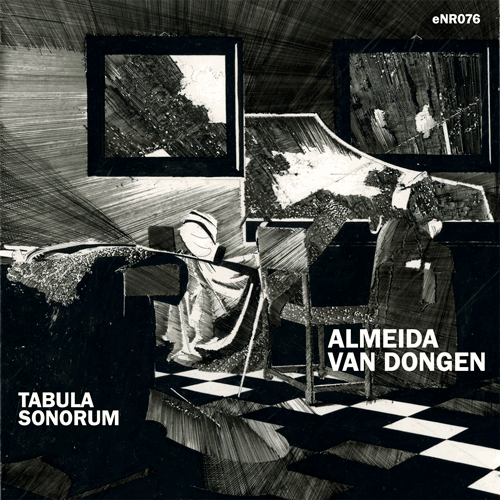 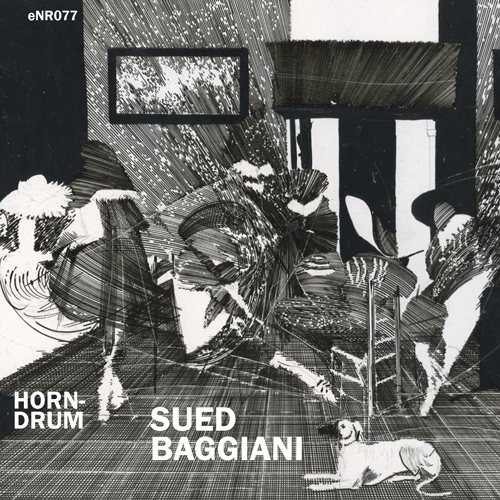 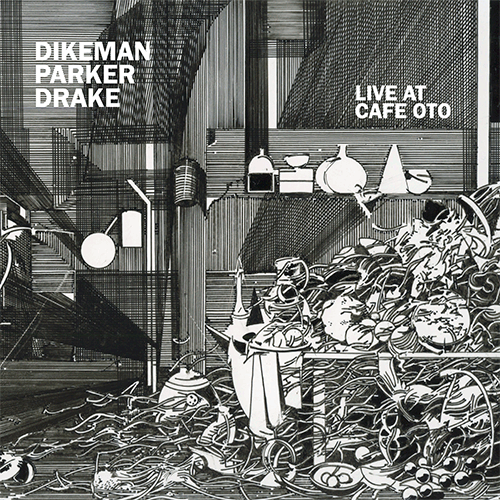 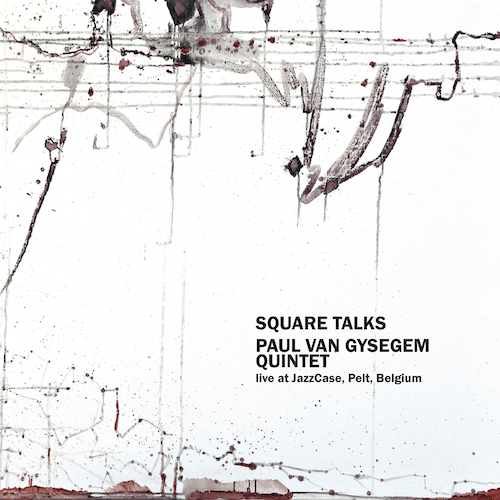 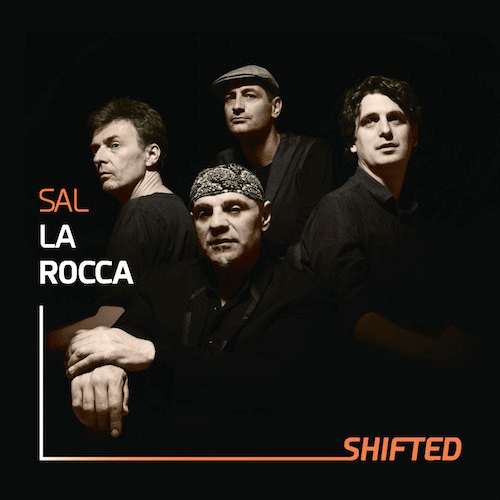
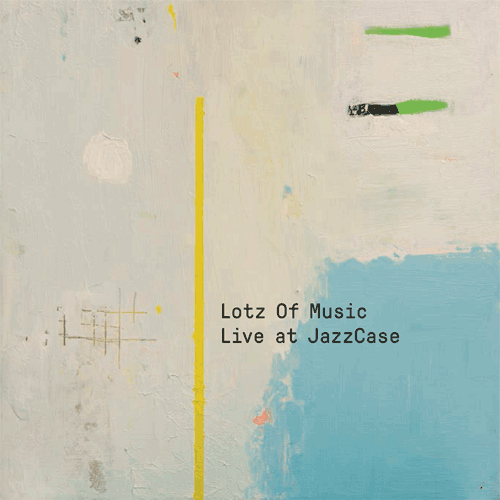 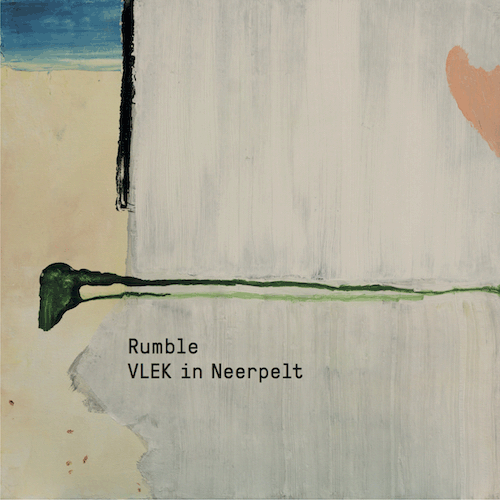 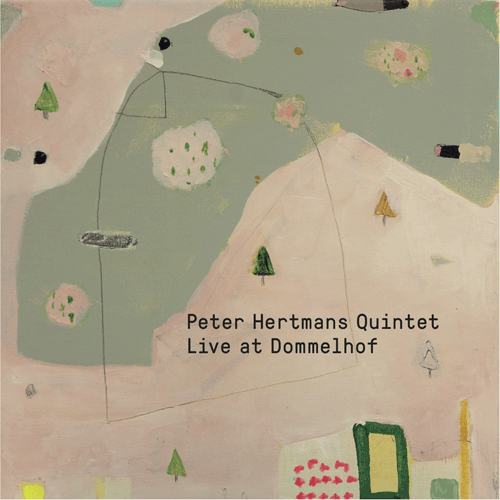 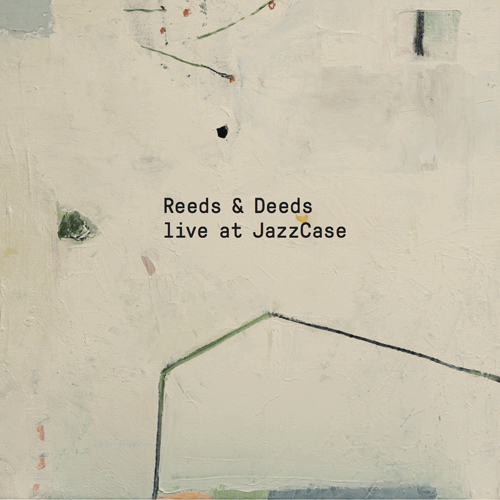 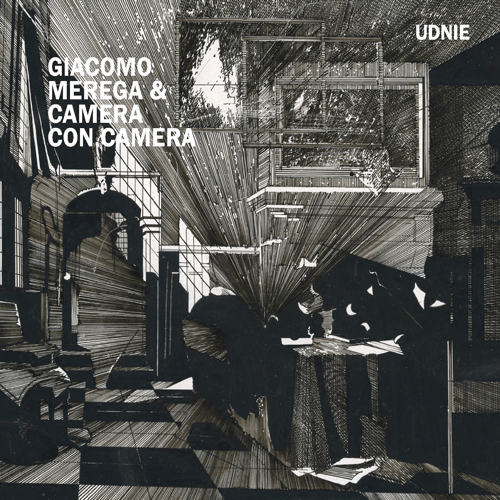
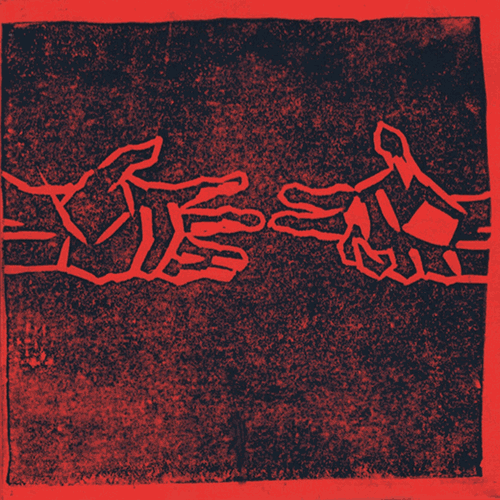 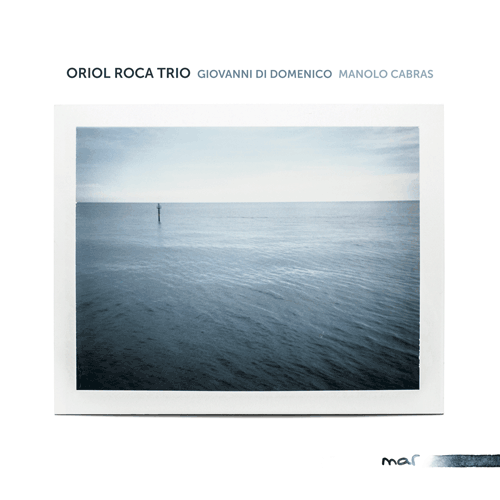 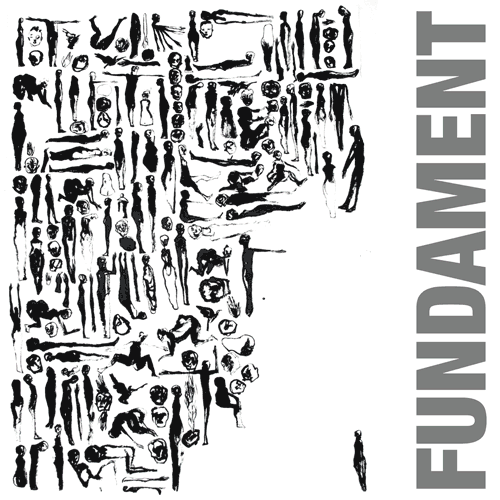 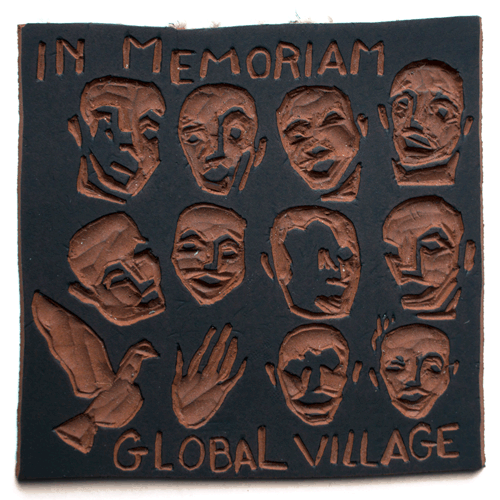 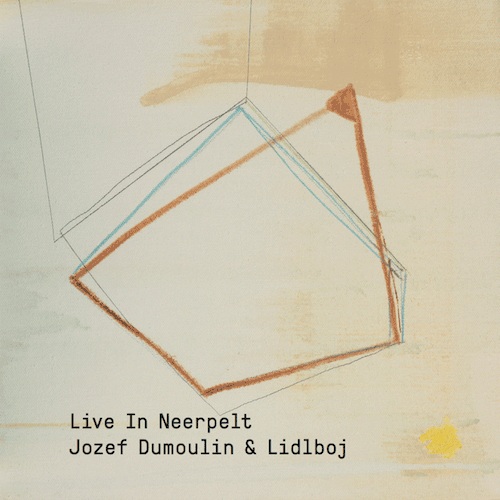
 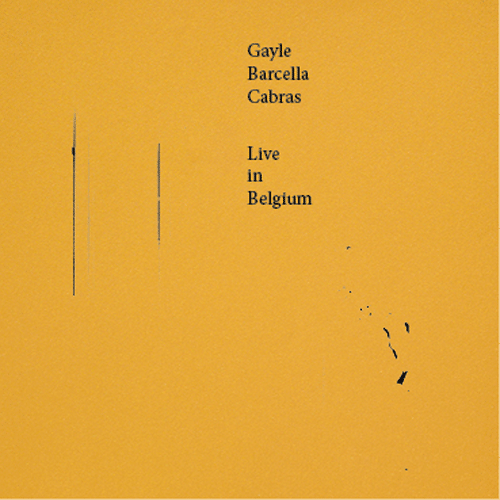 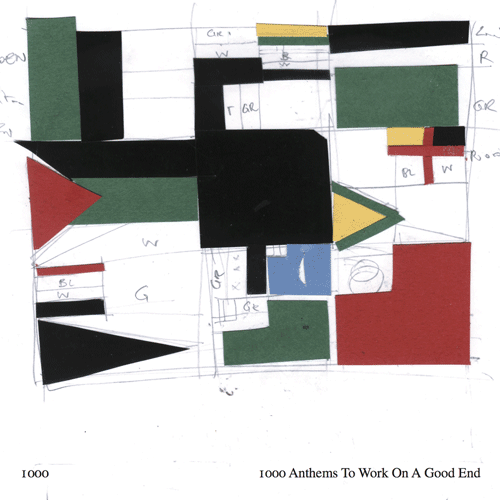 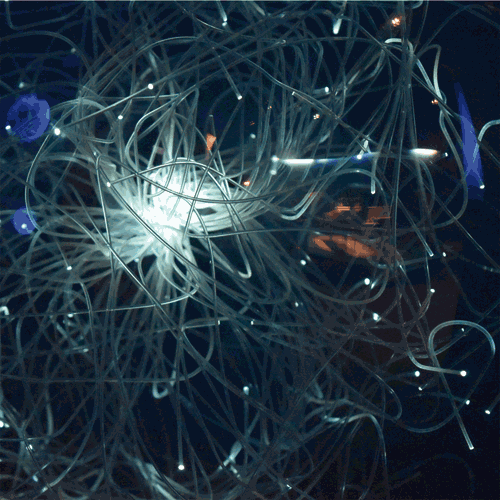 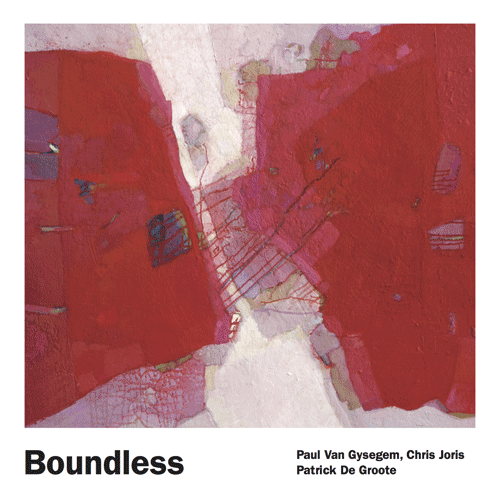
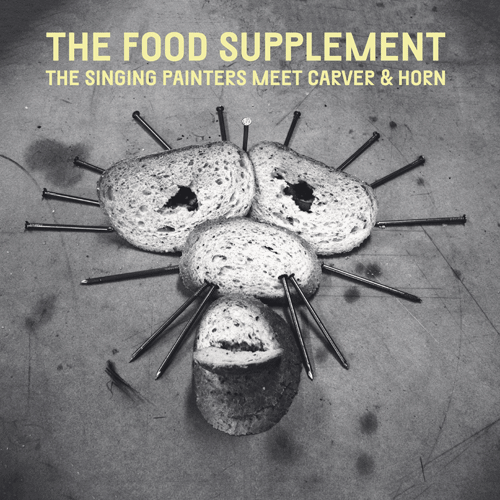 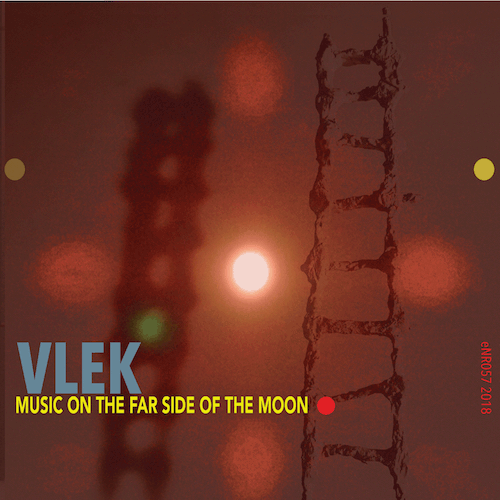 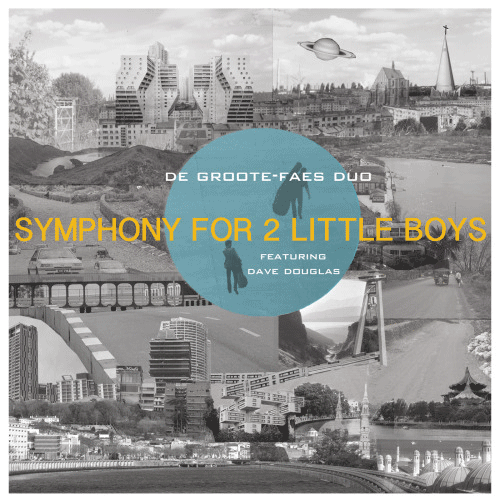 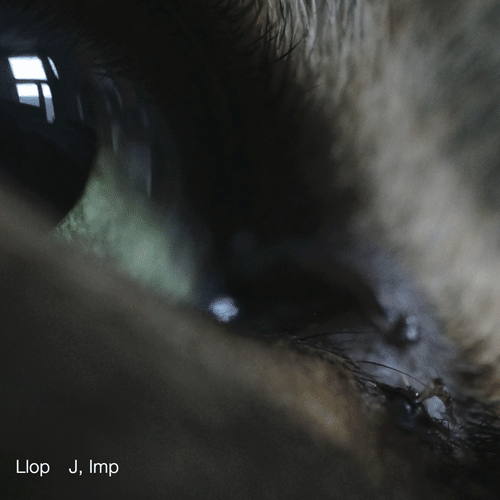 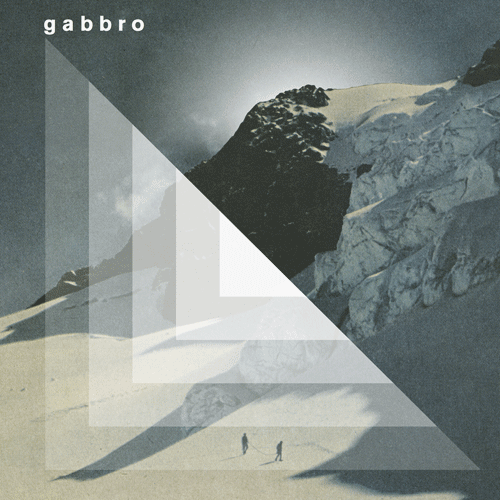
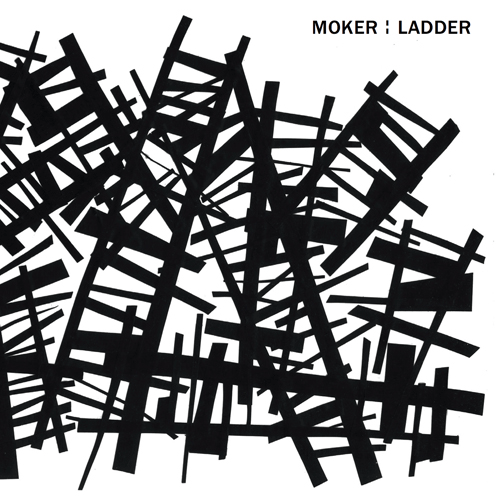 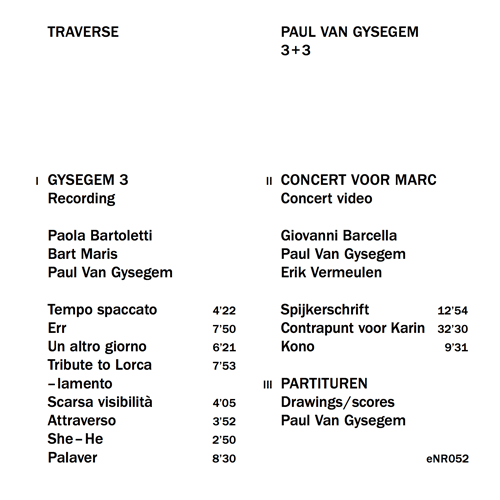 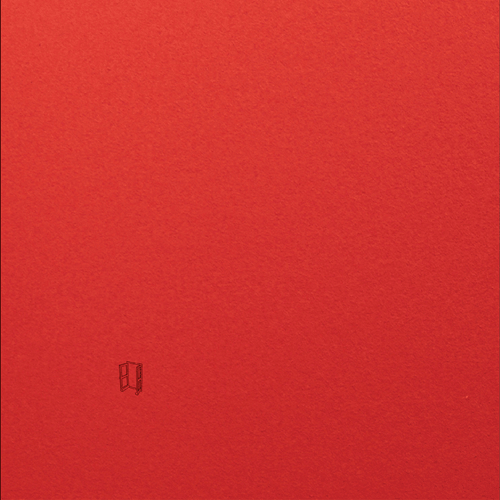 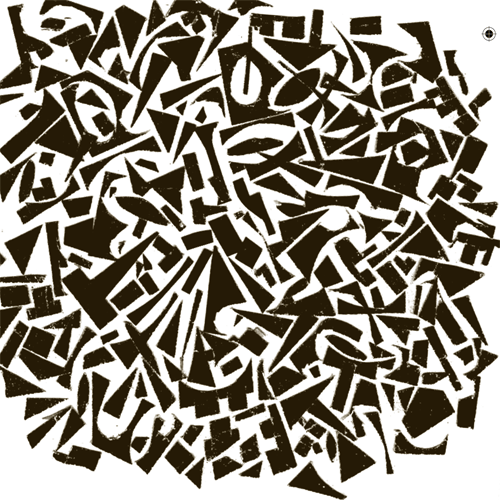 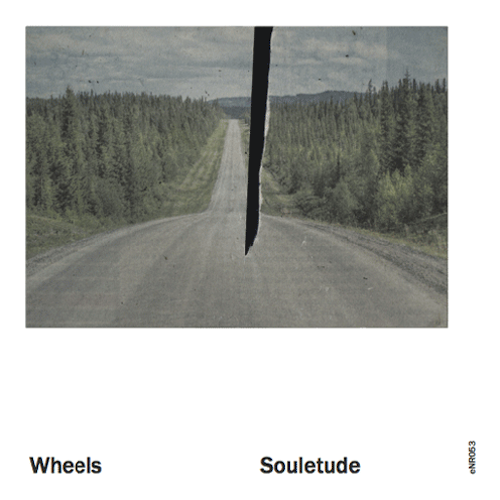
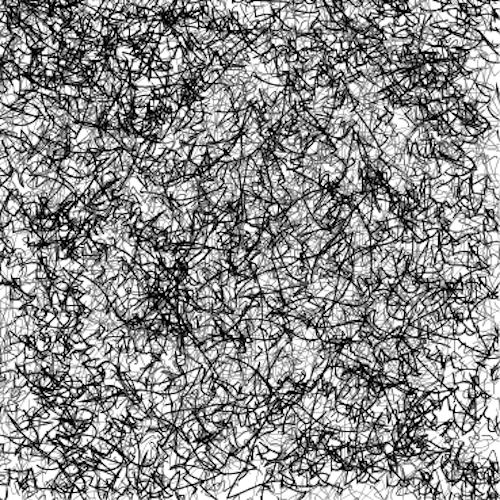 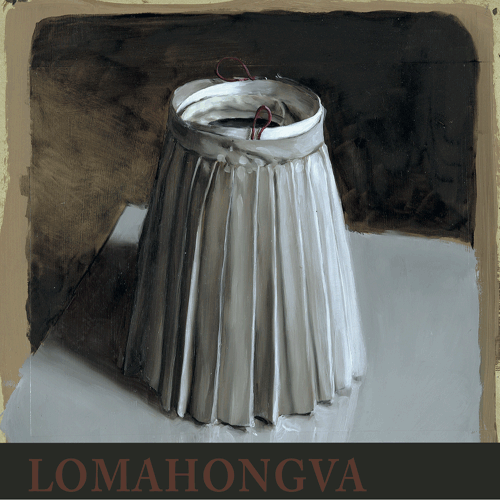 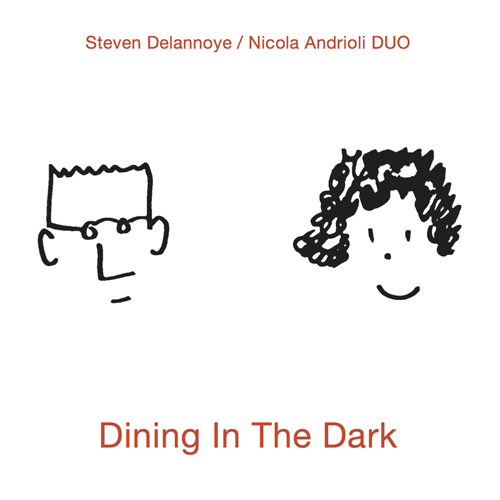 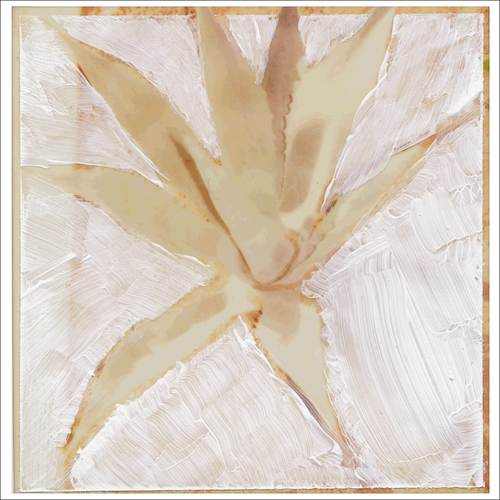 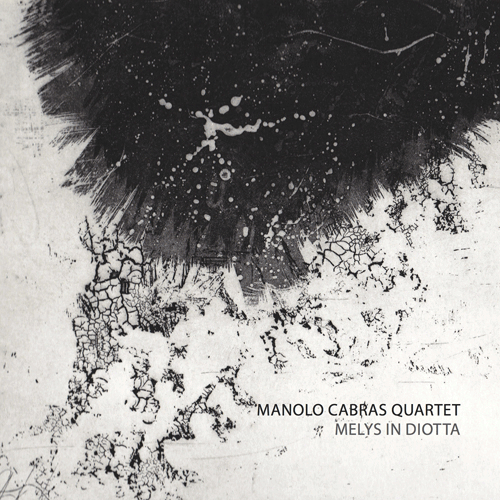
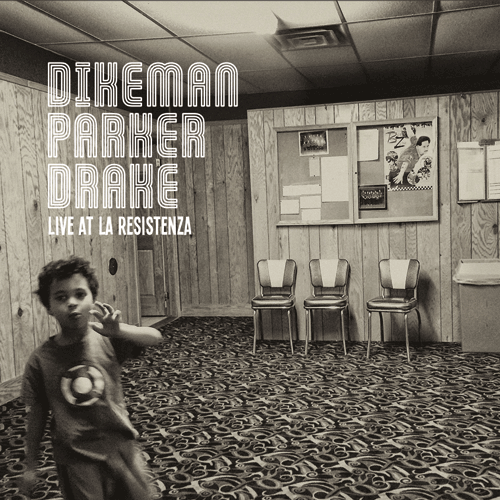 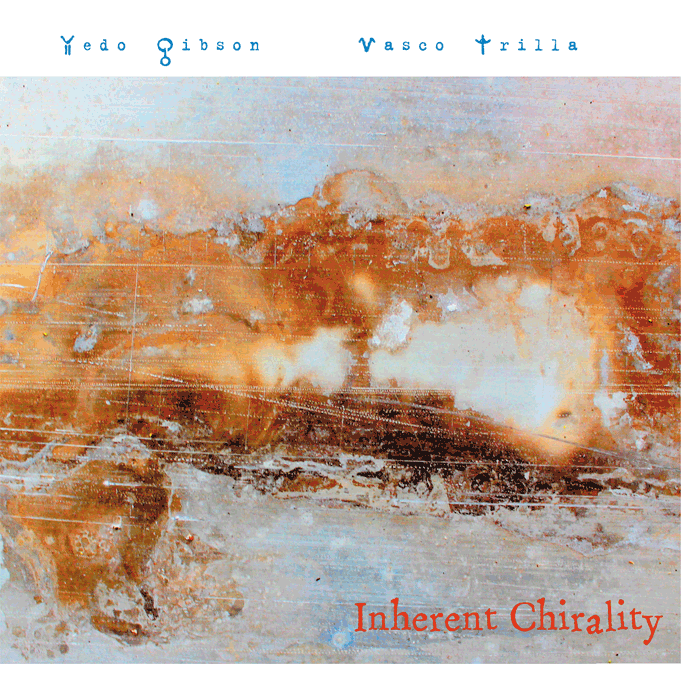 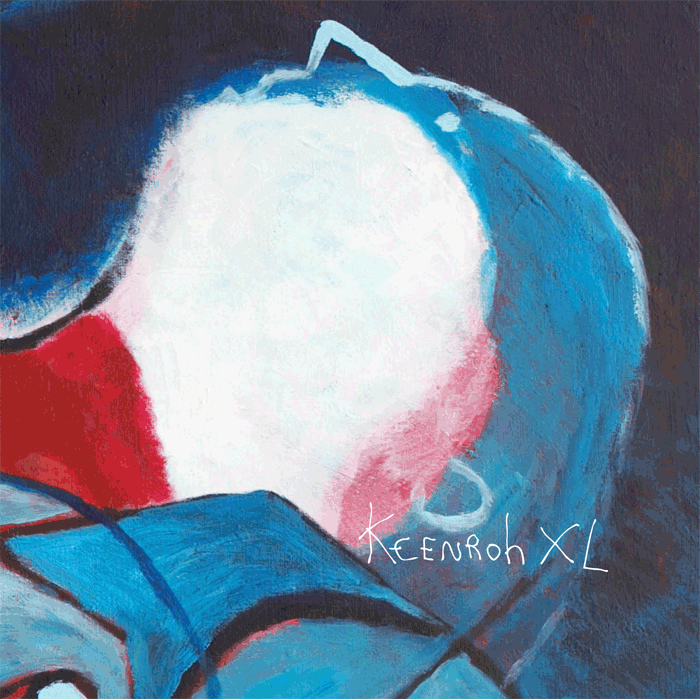 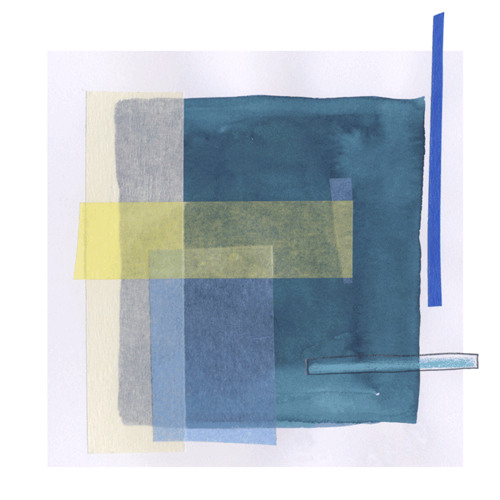 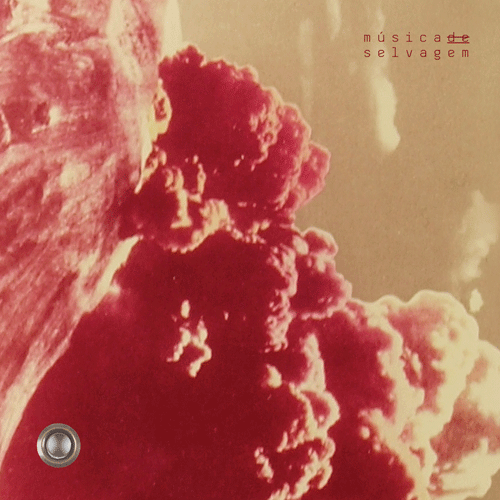
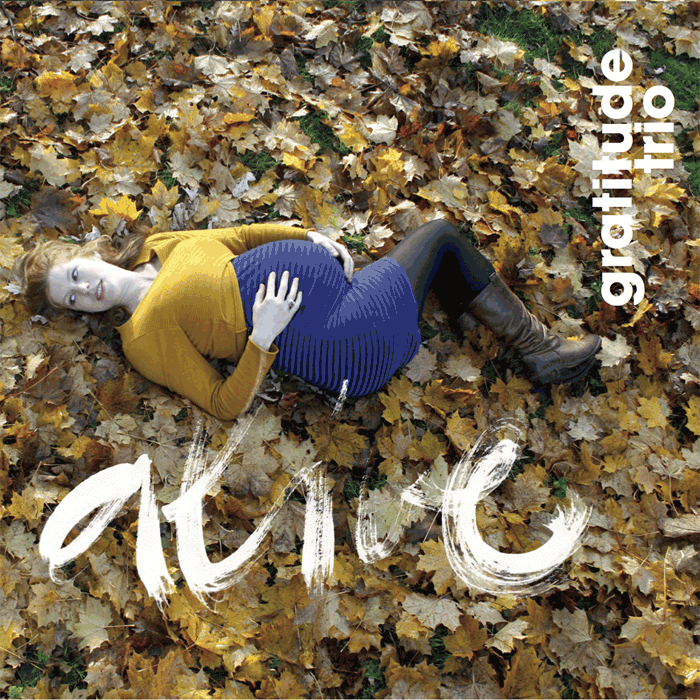 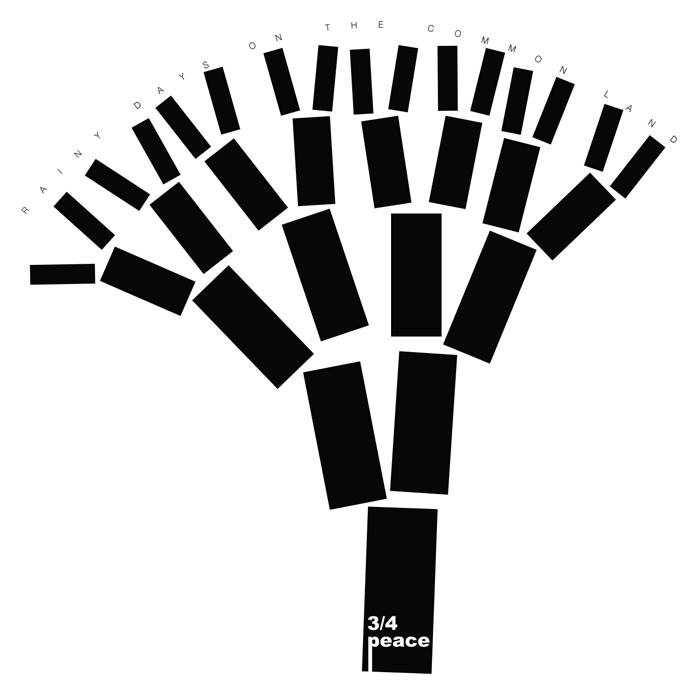 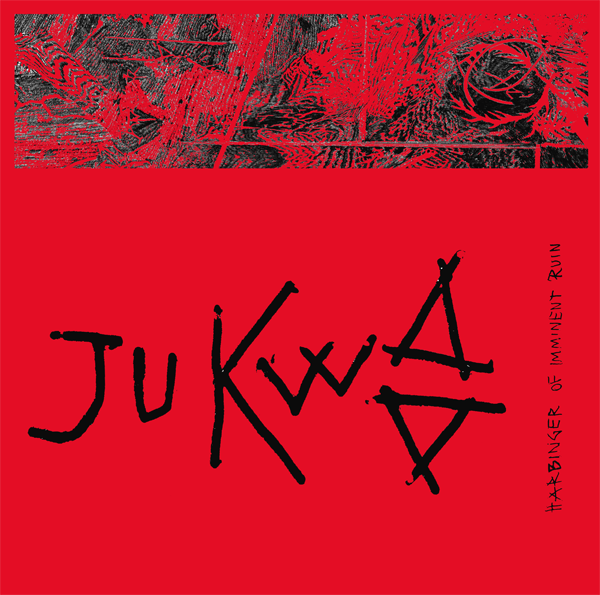  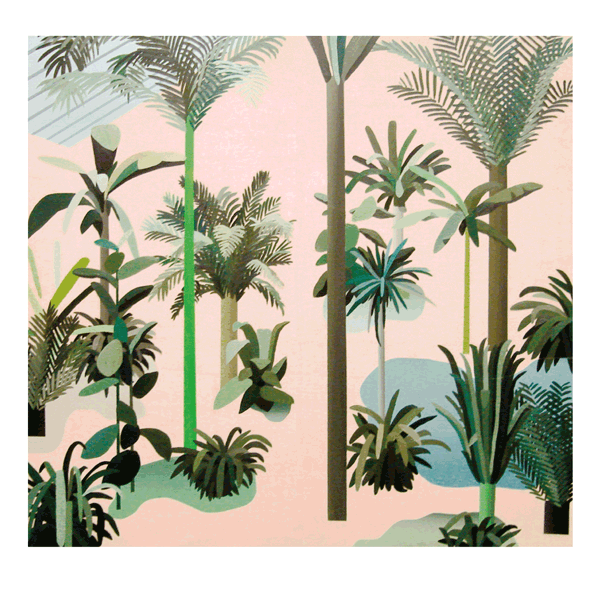
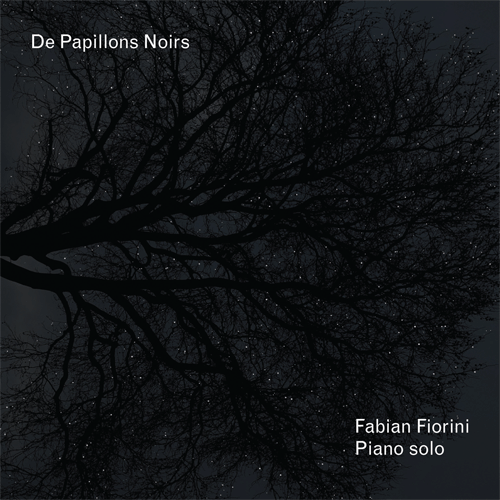 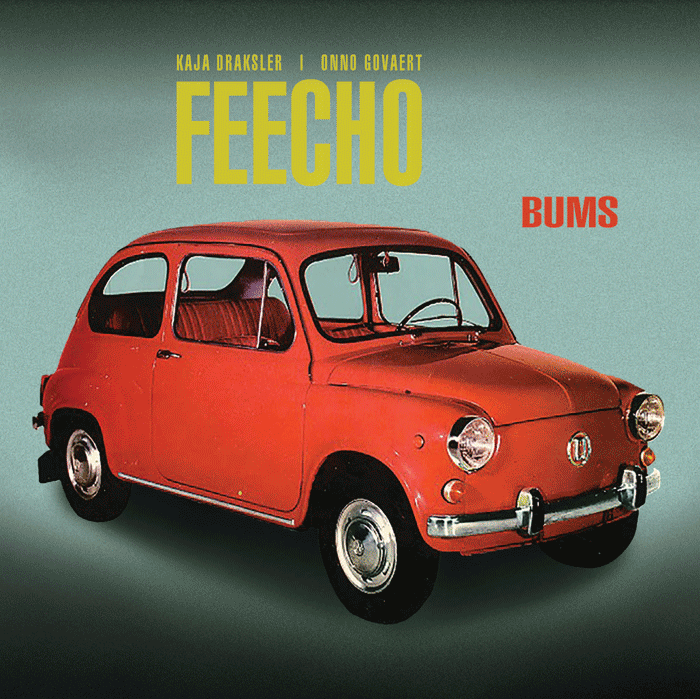 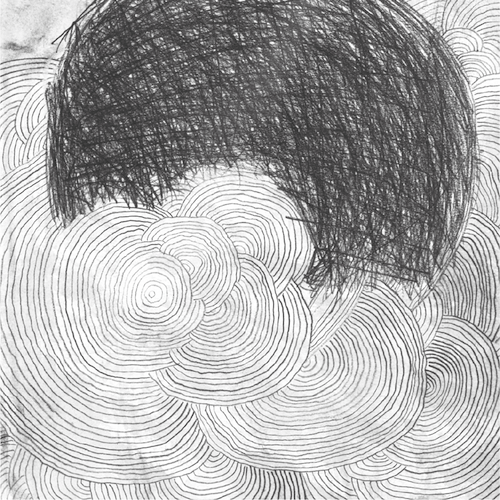  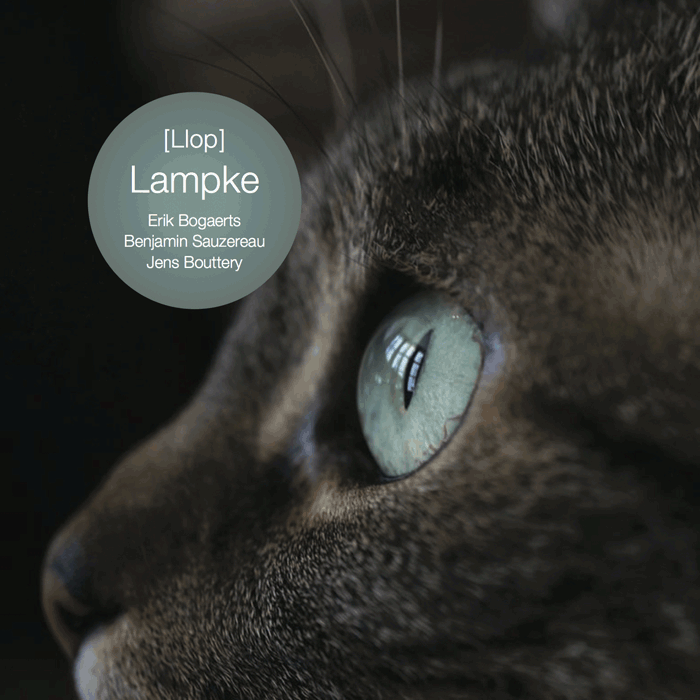
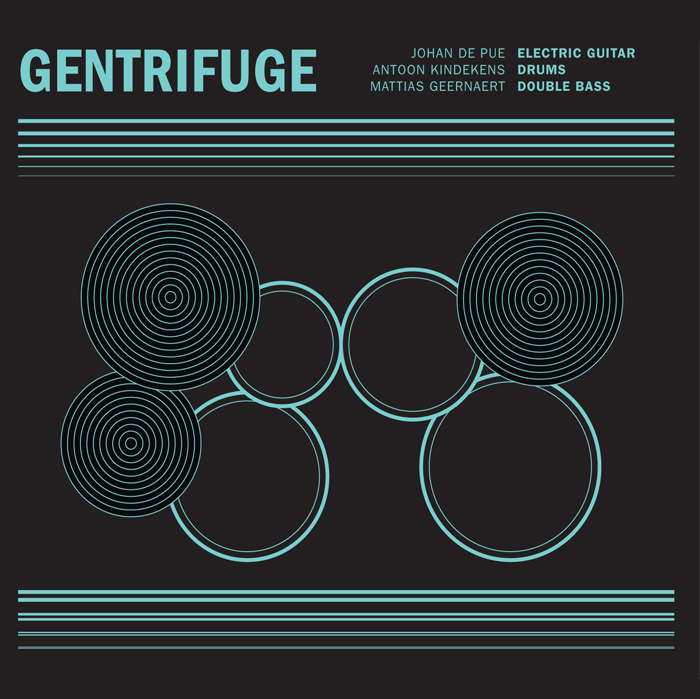 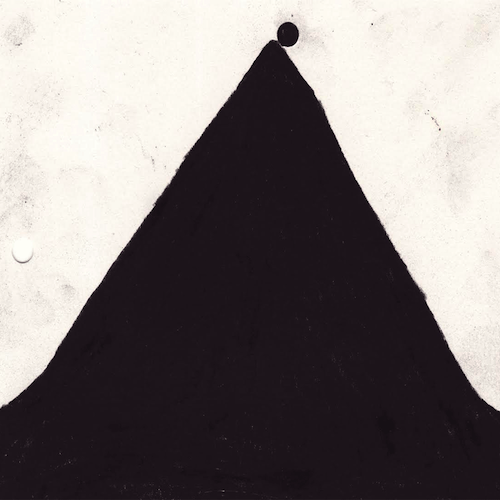 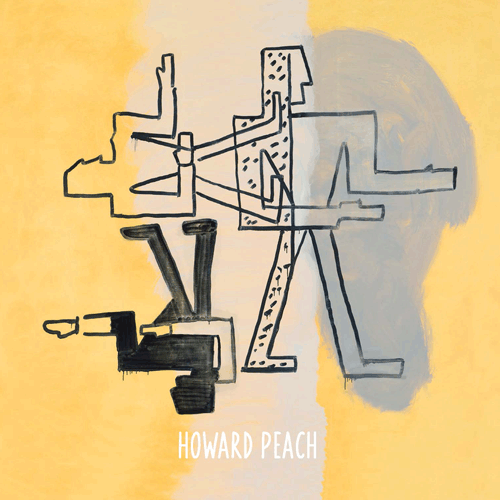 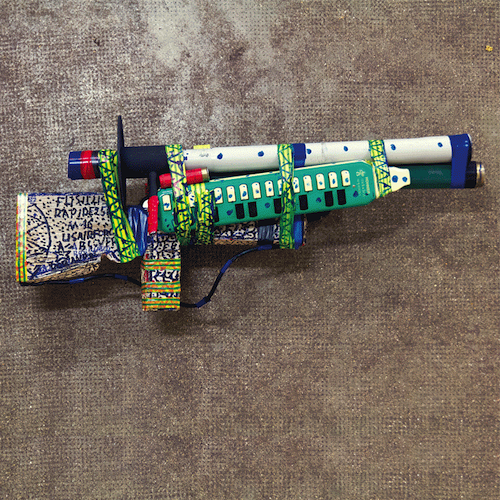 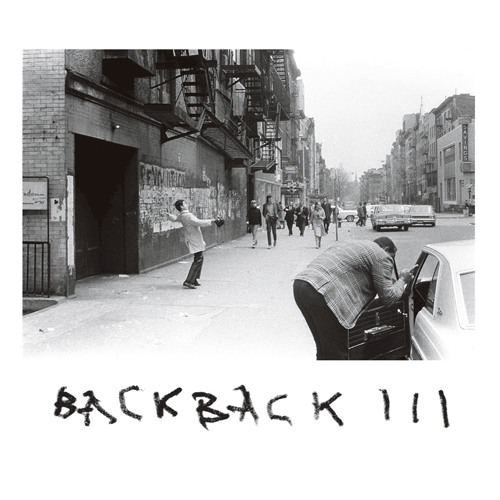
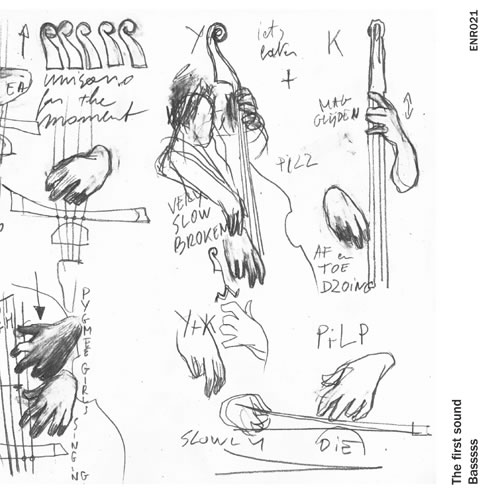 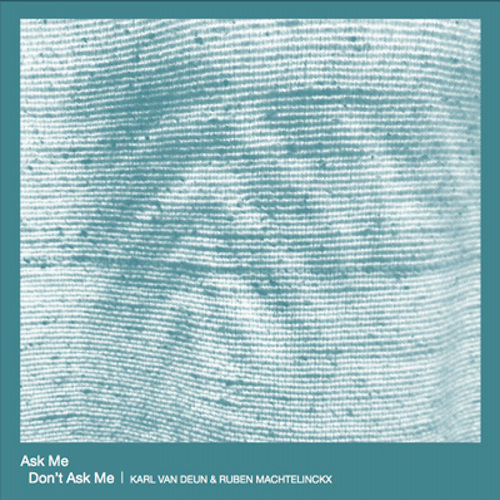 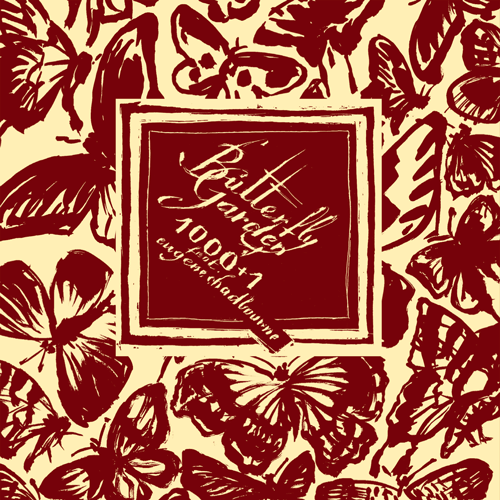 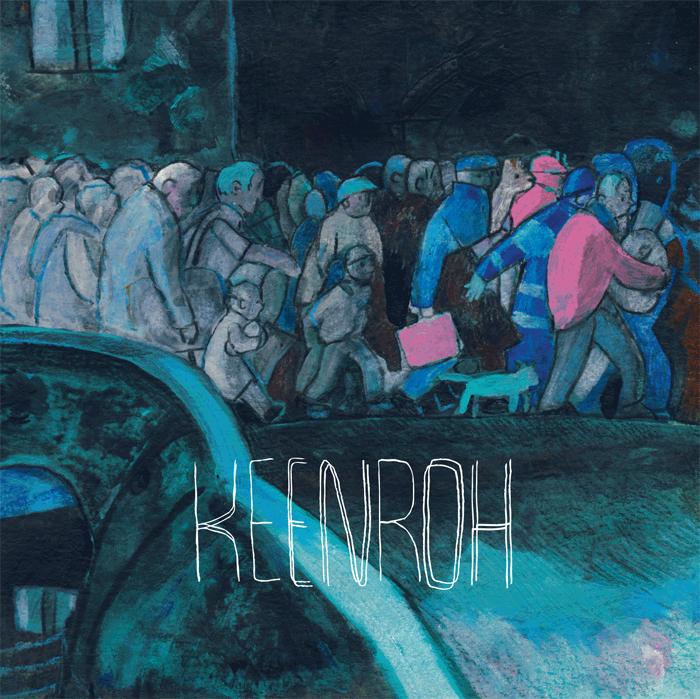 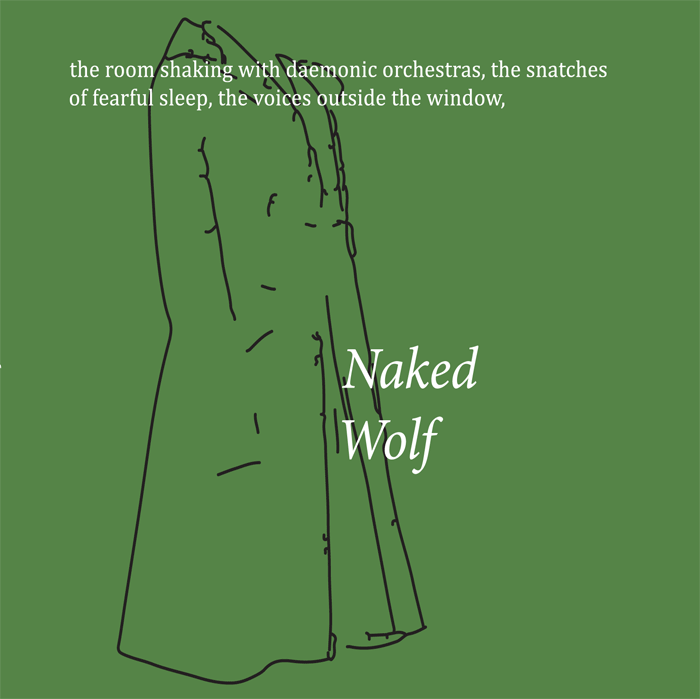
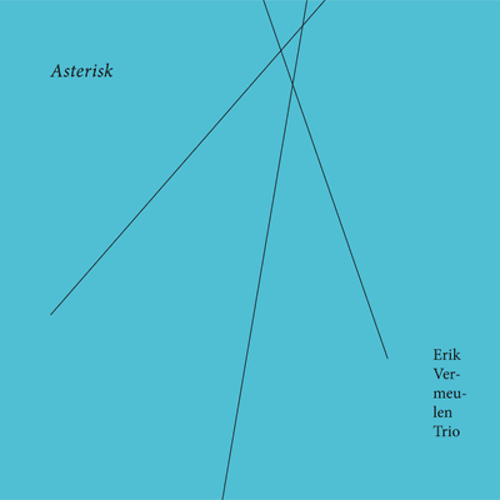 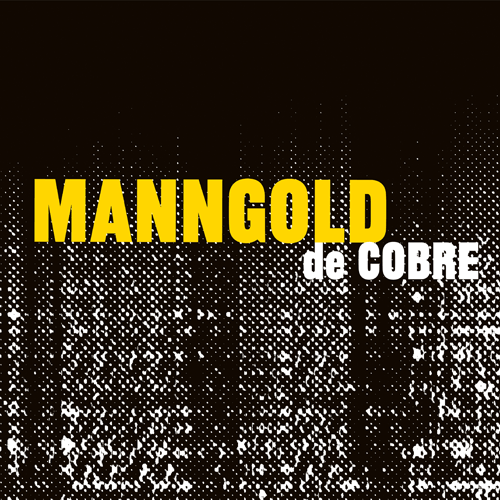 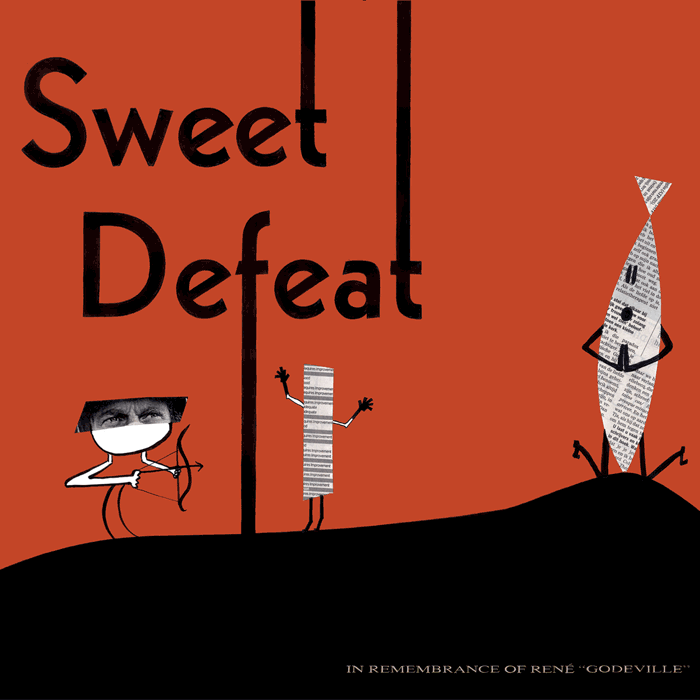 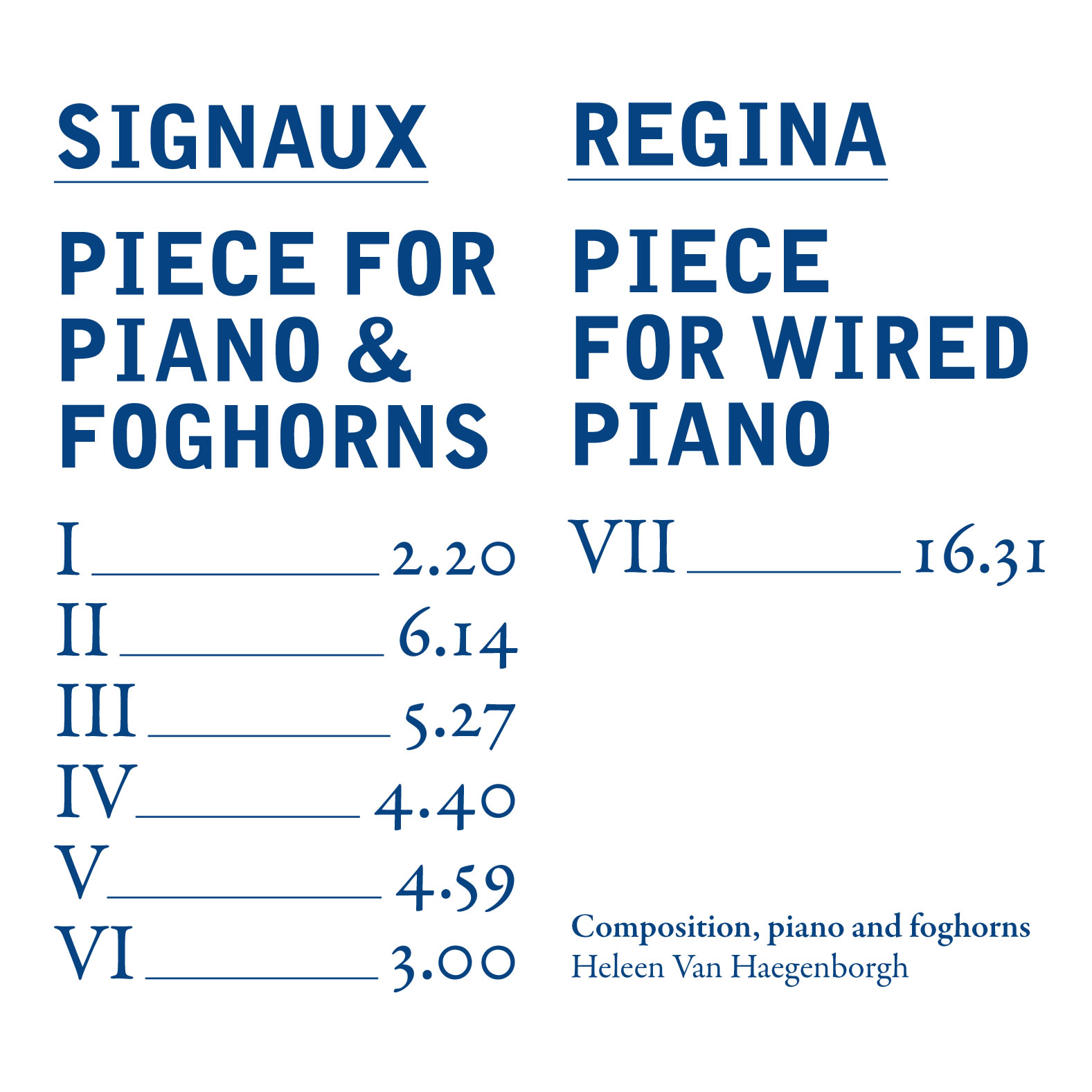 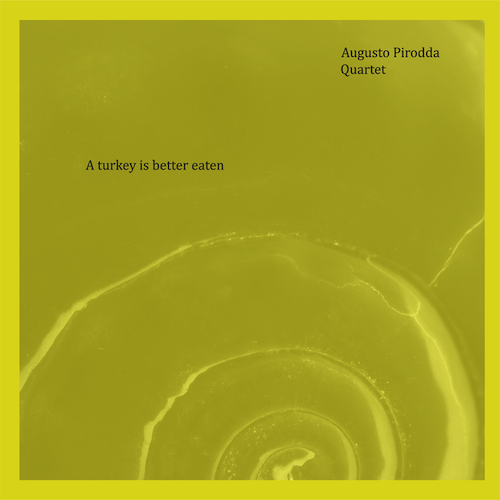
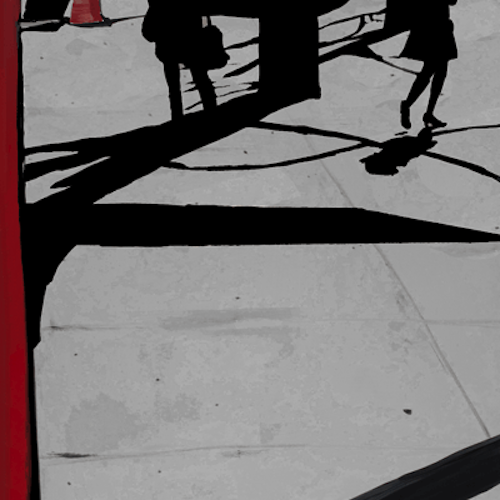 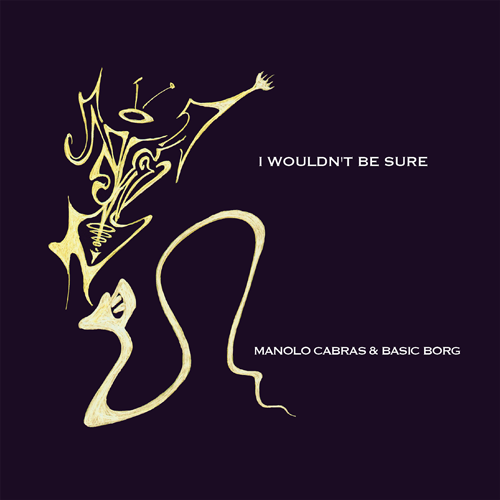 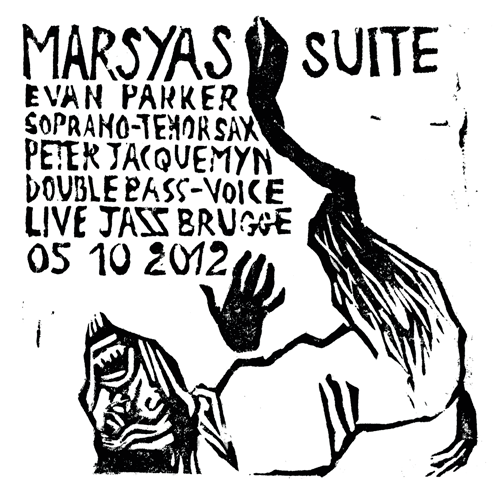 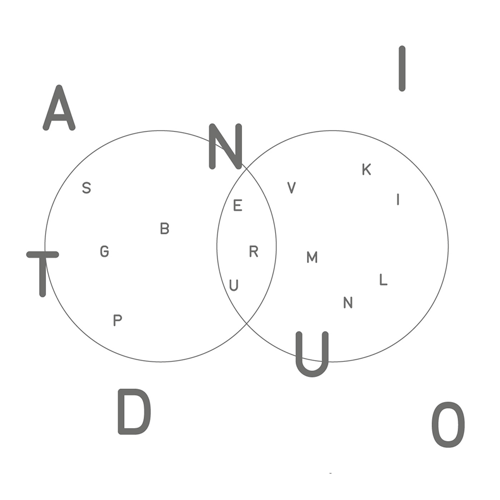 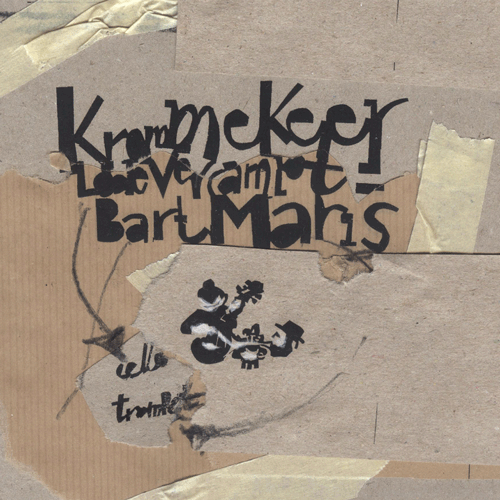
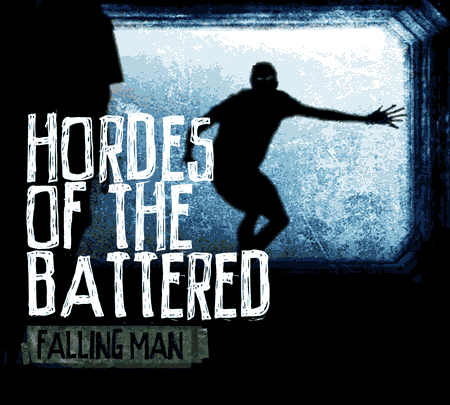 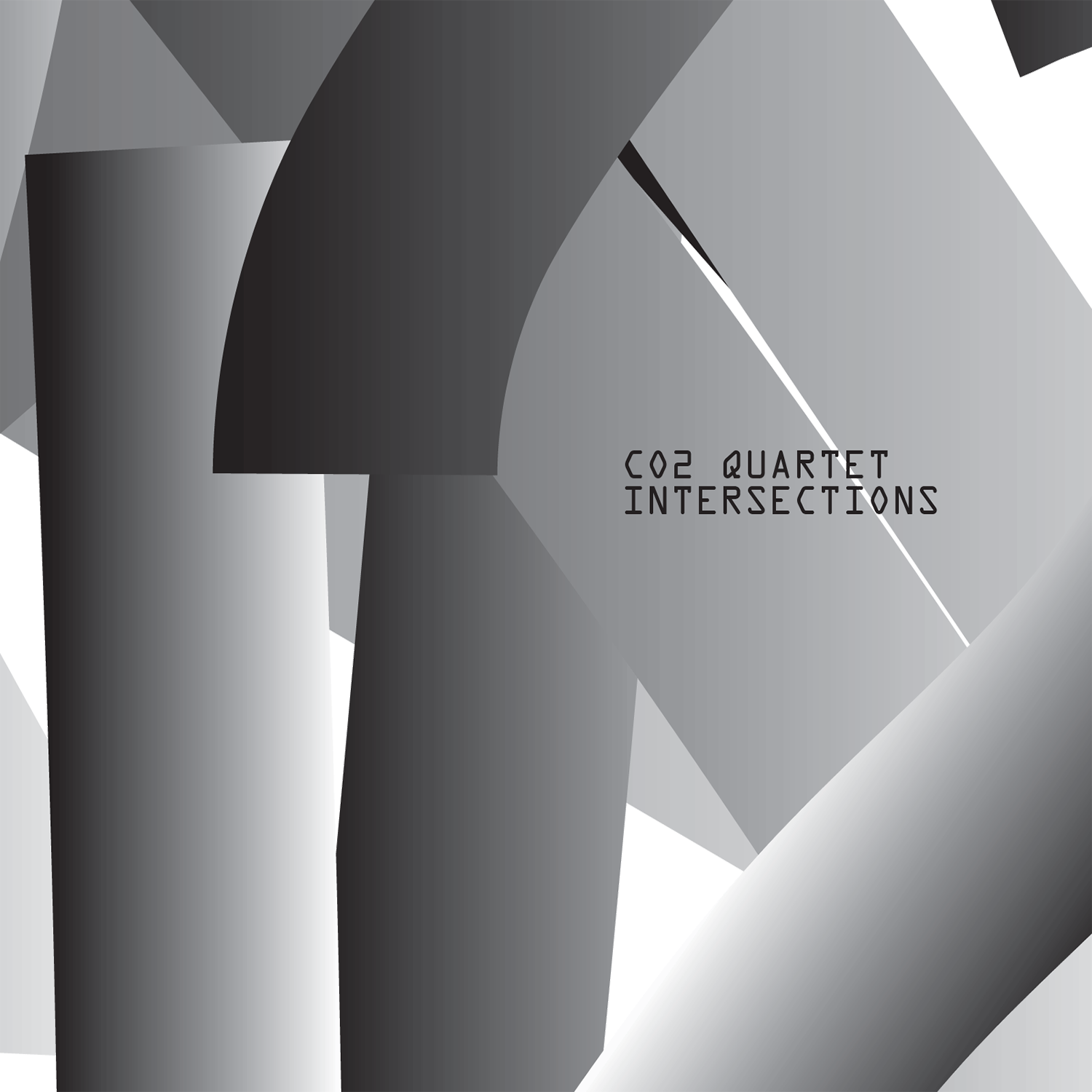 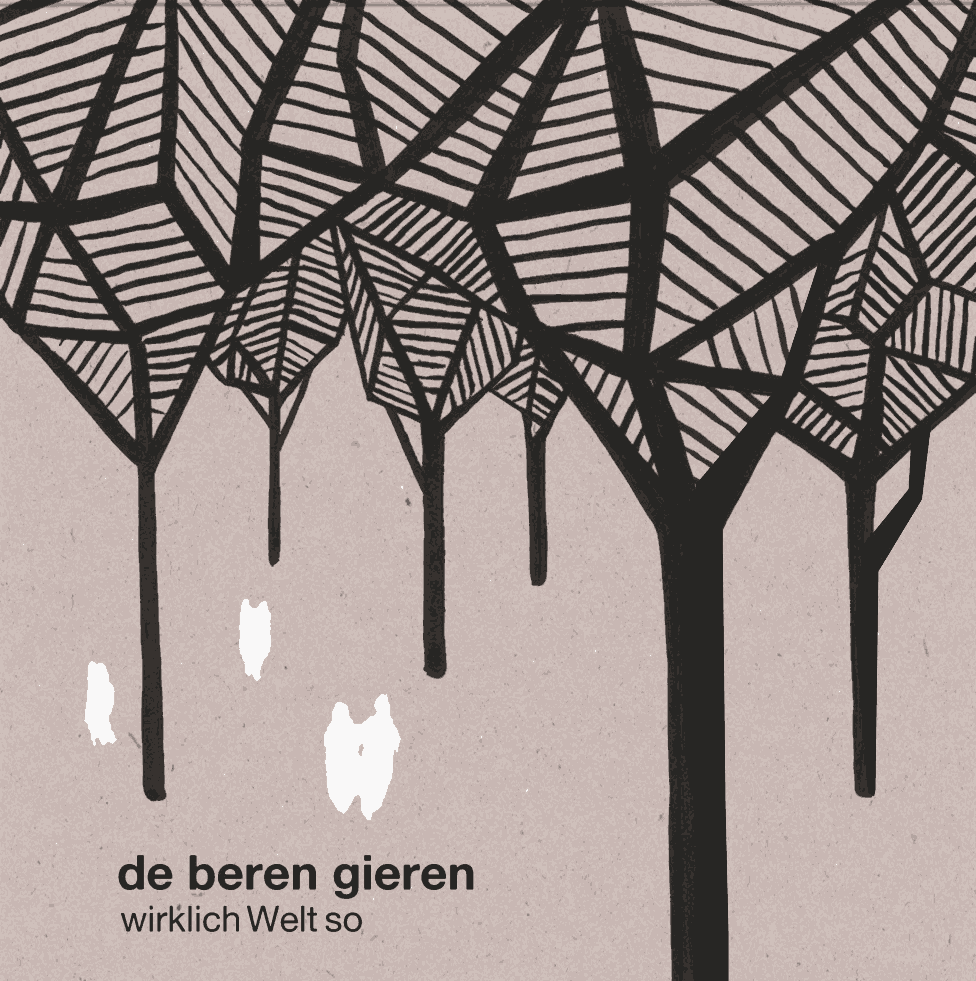 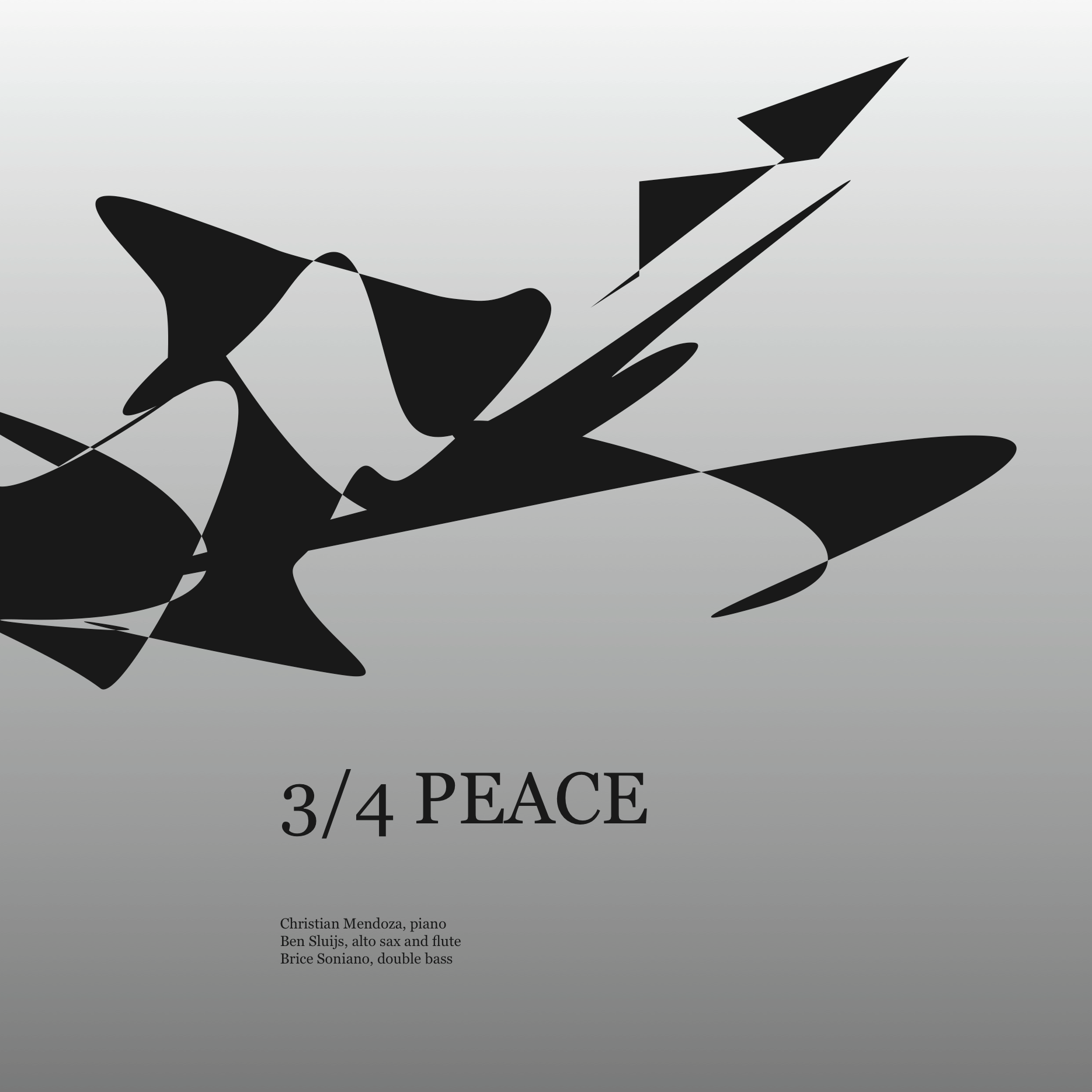 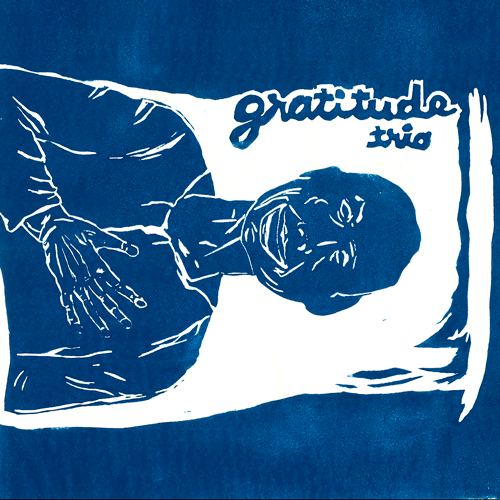
  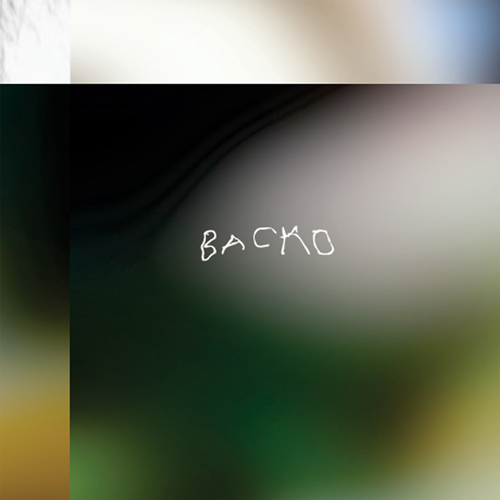 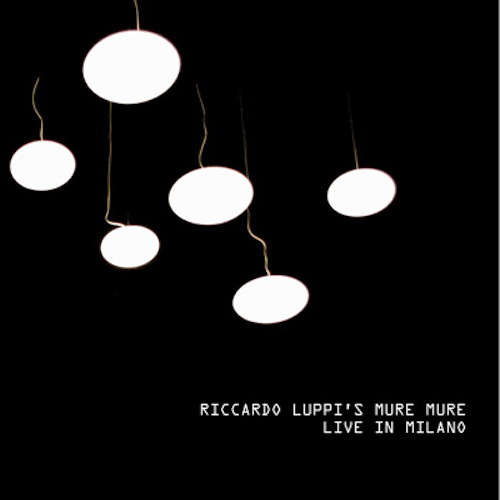 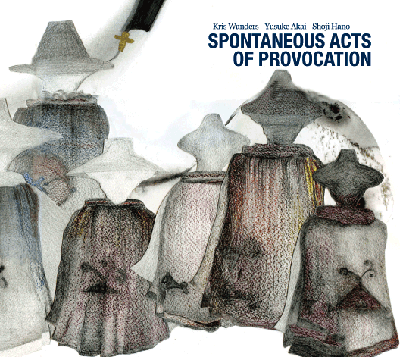
 |
|



